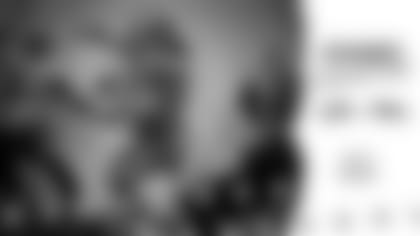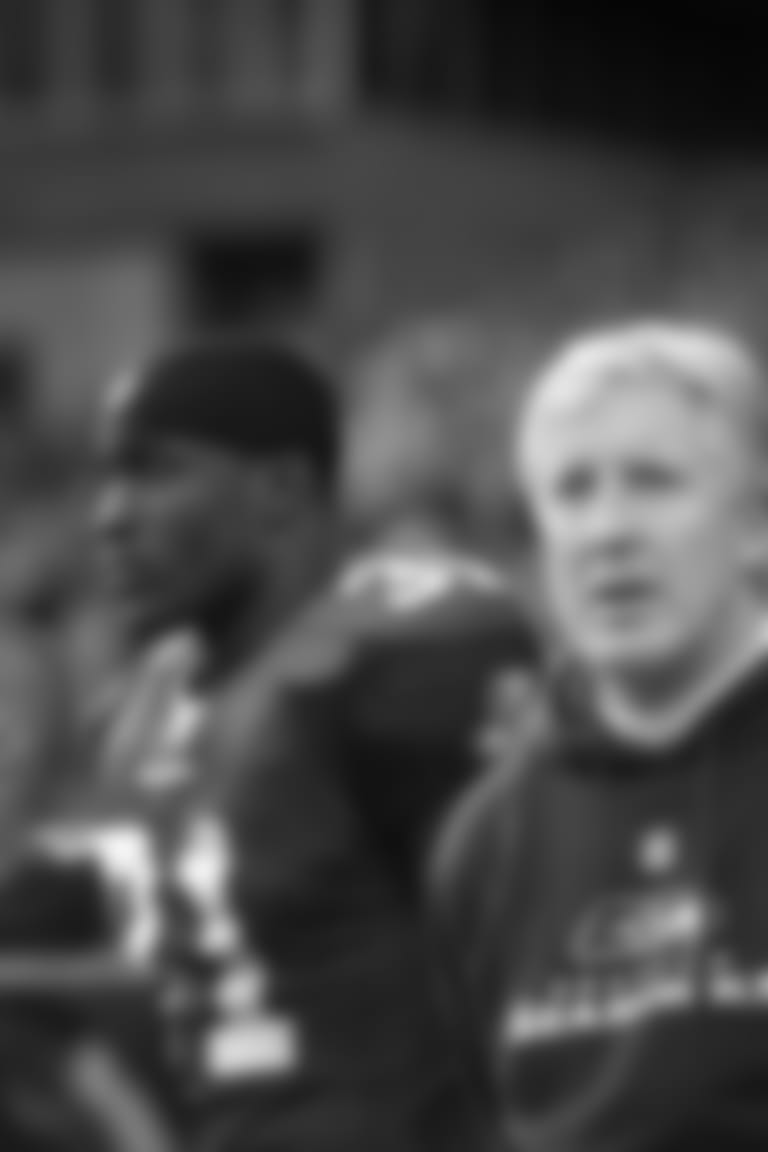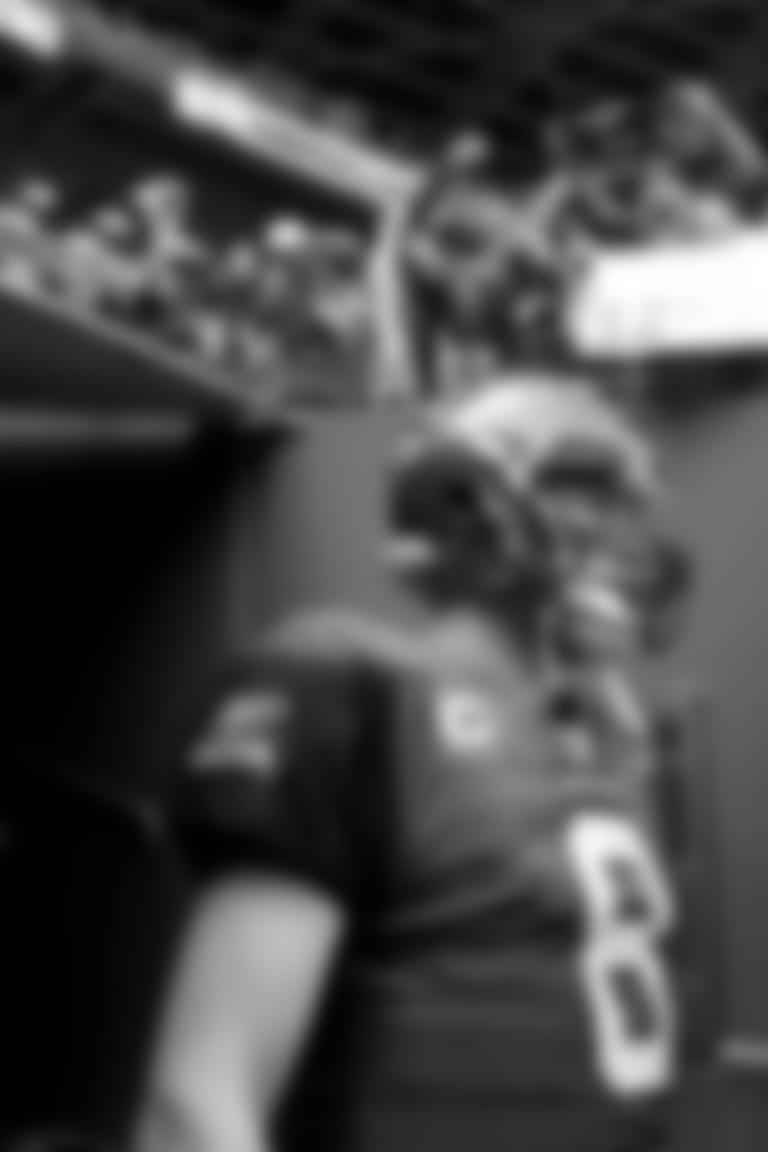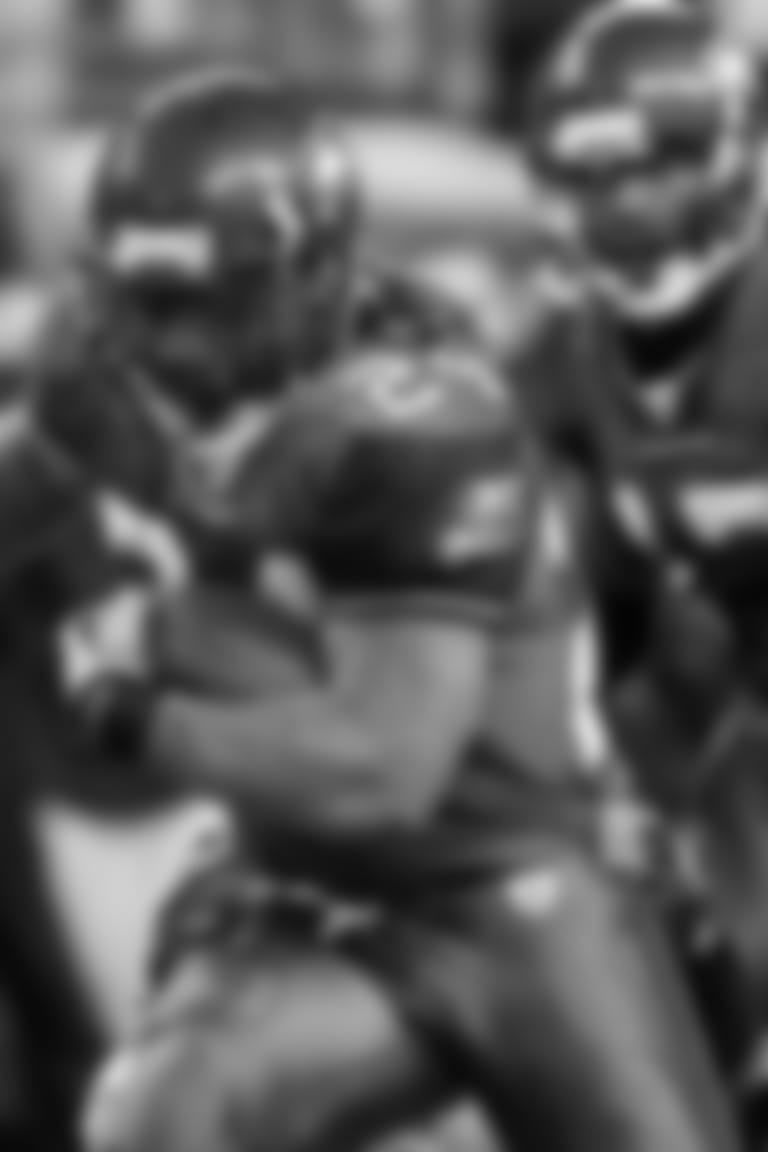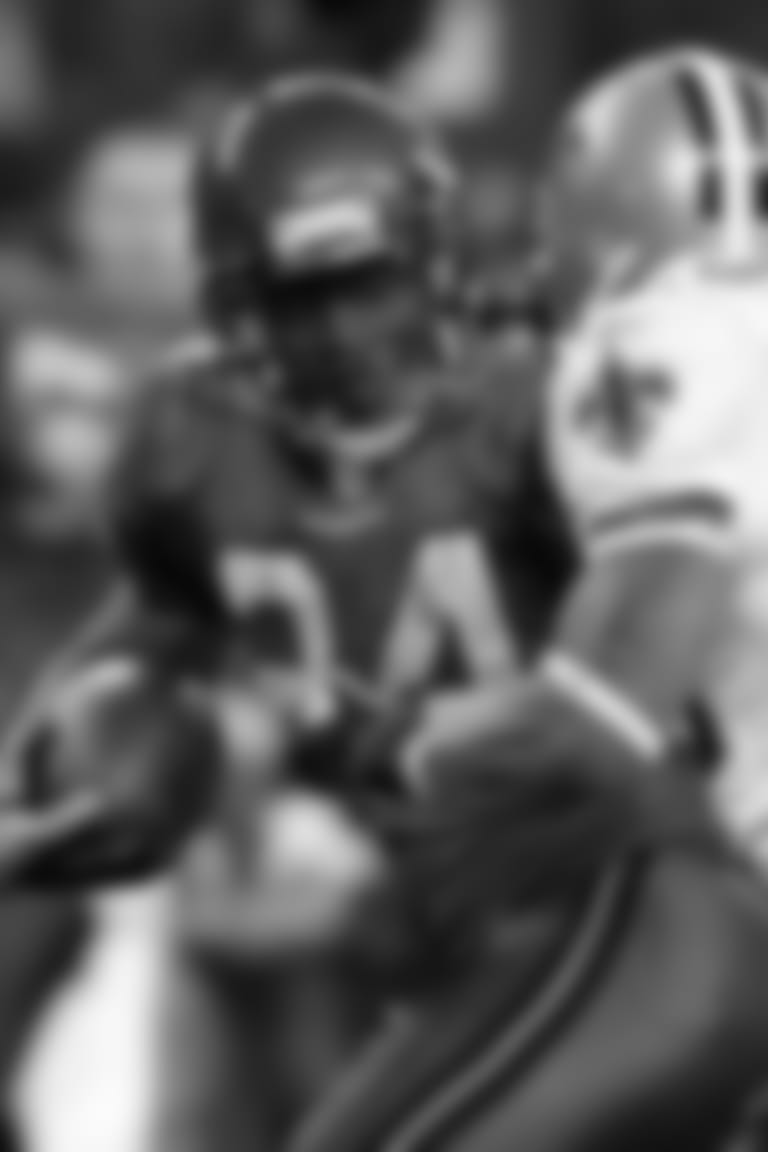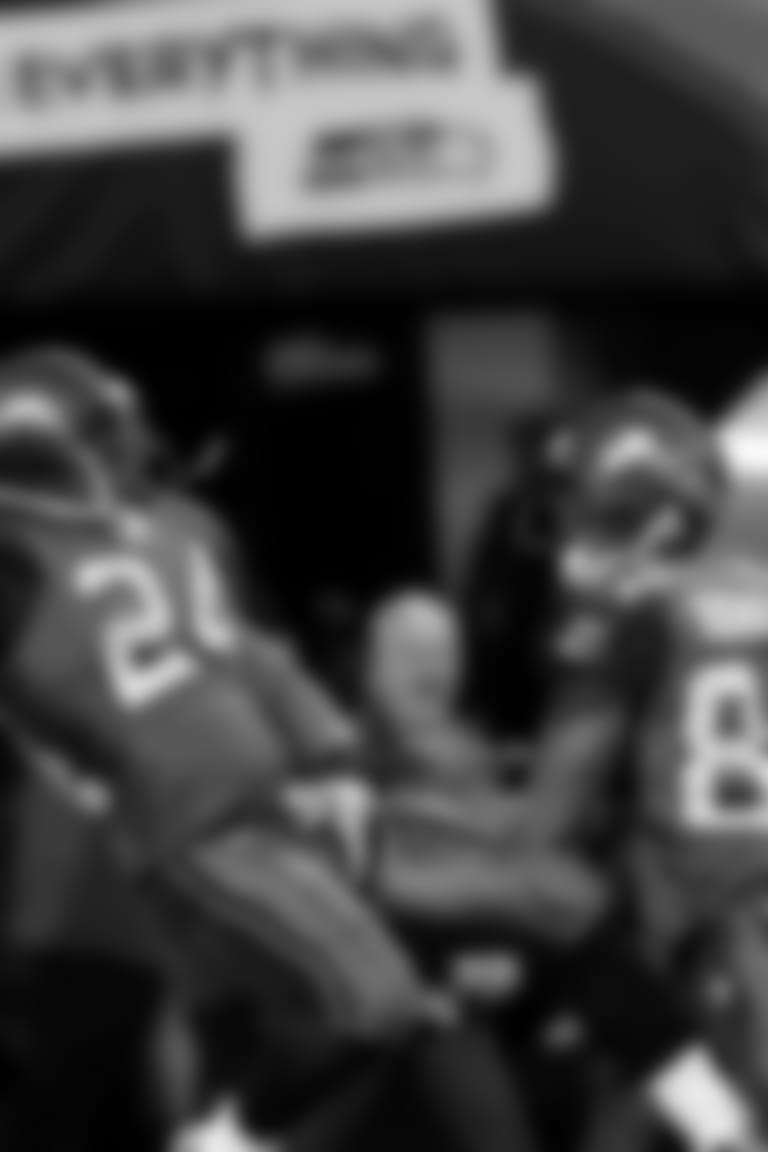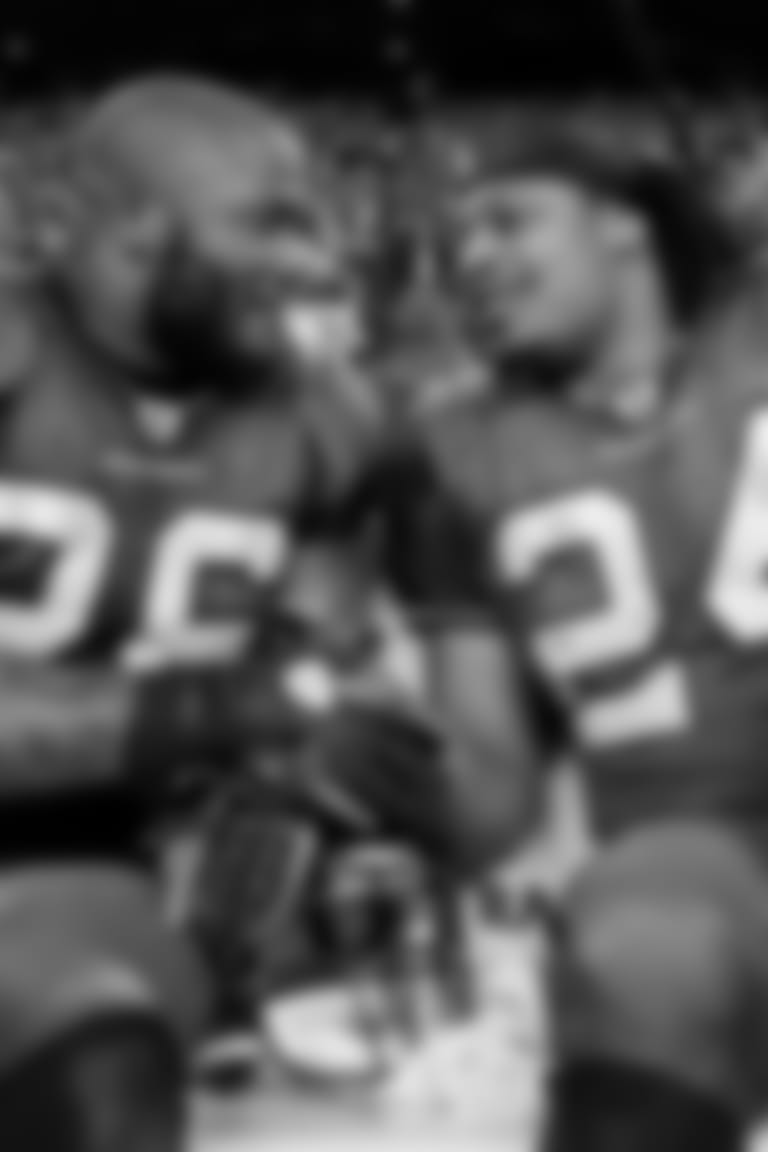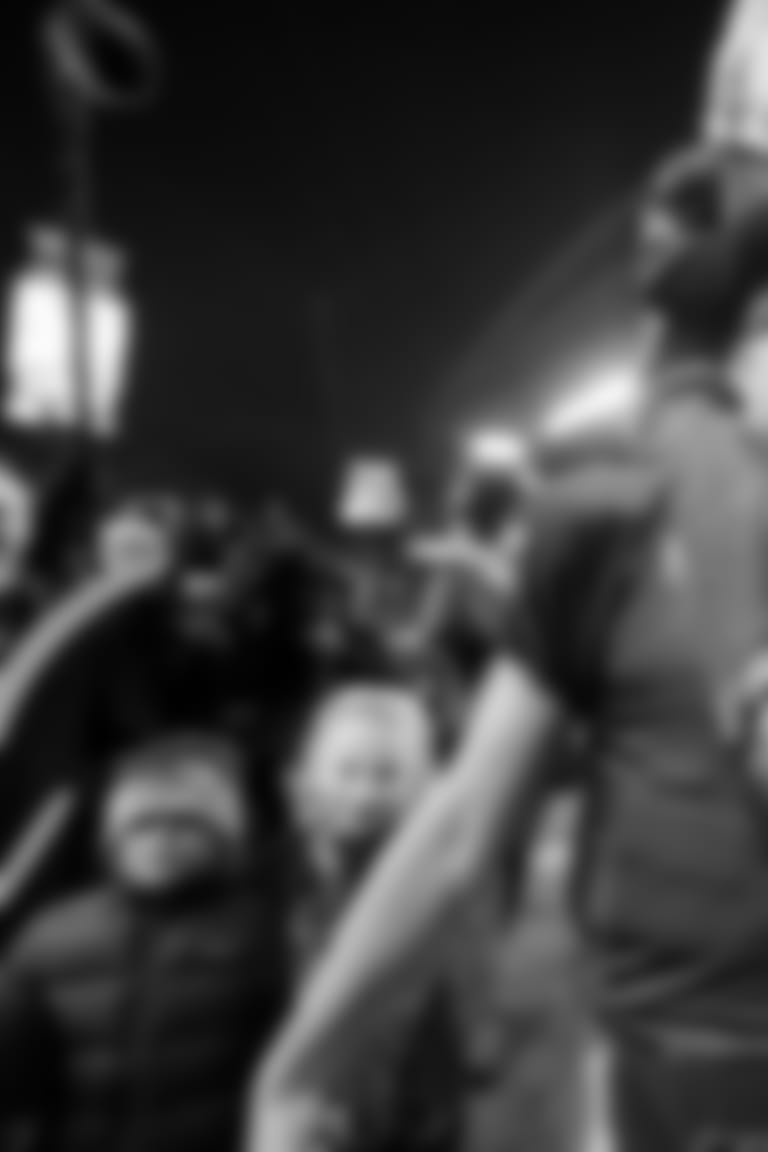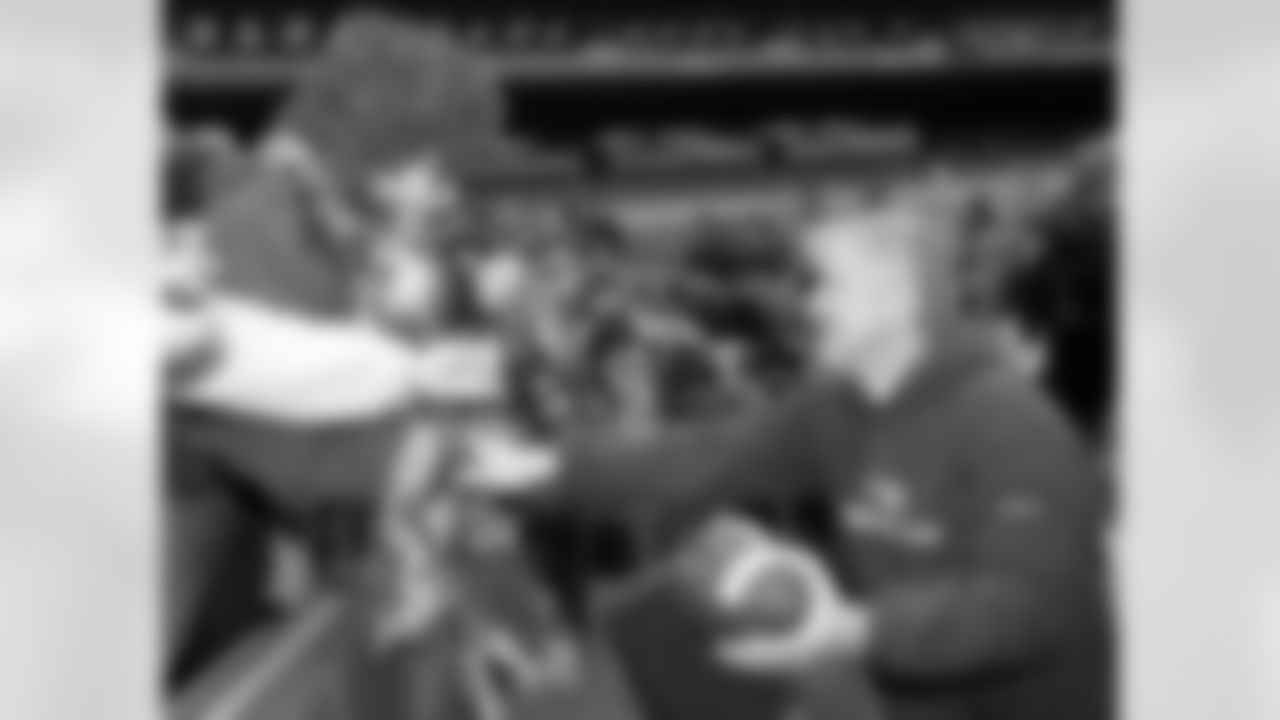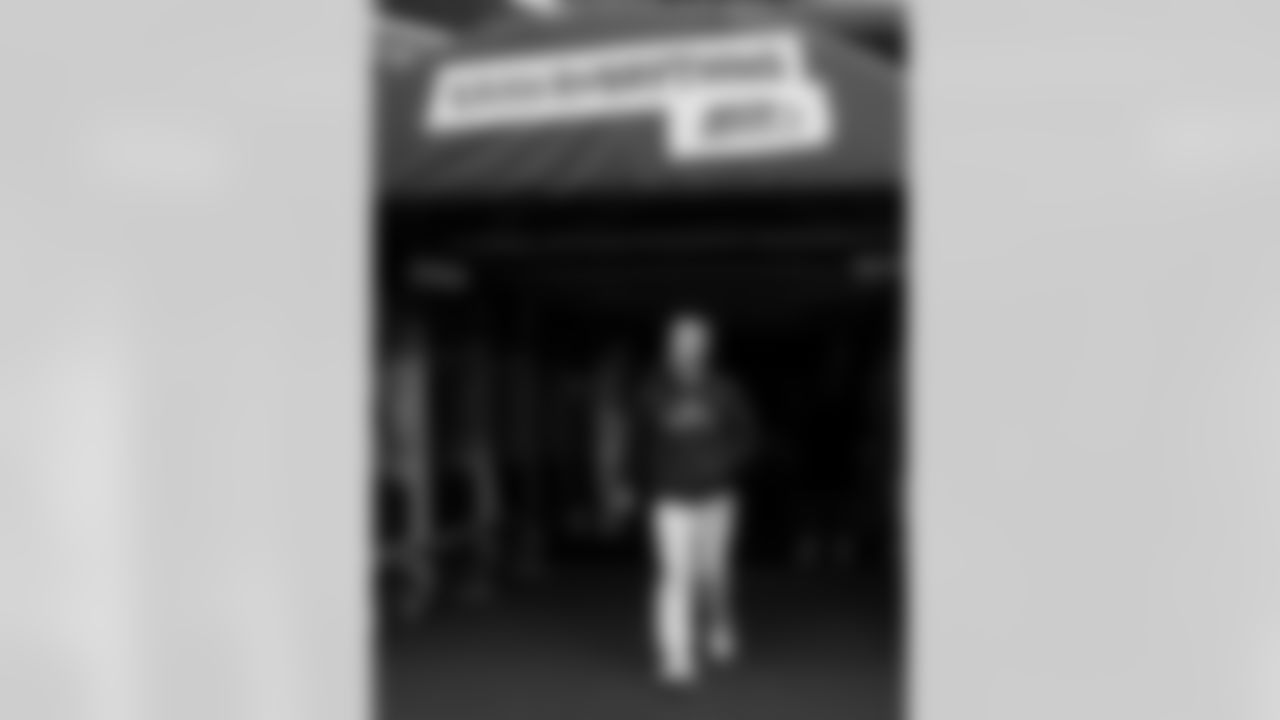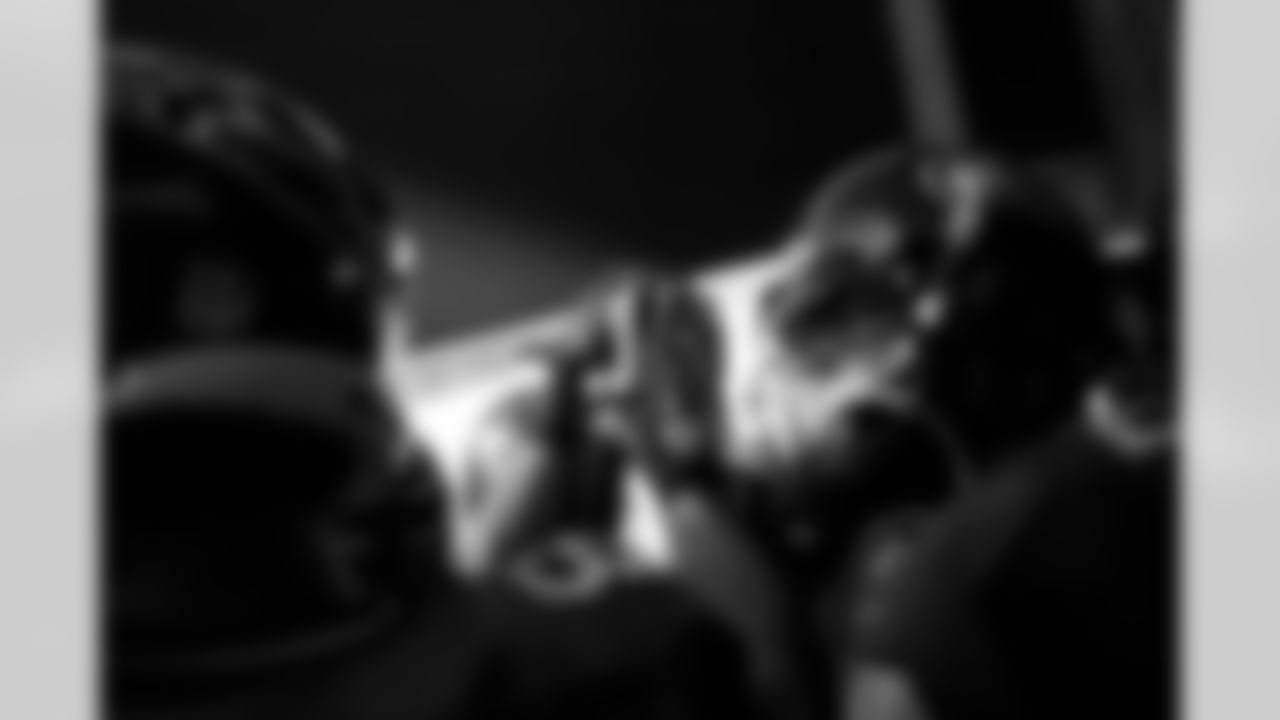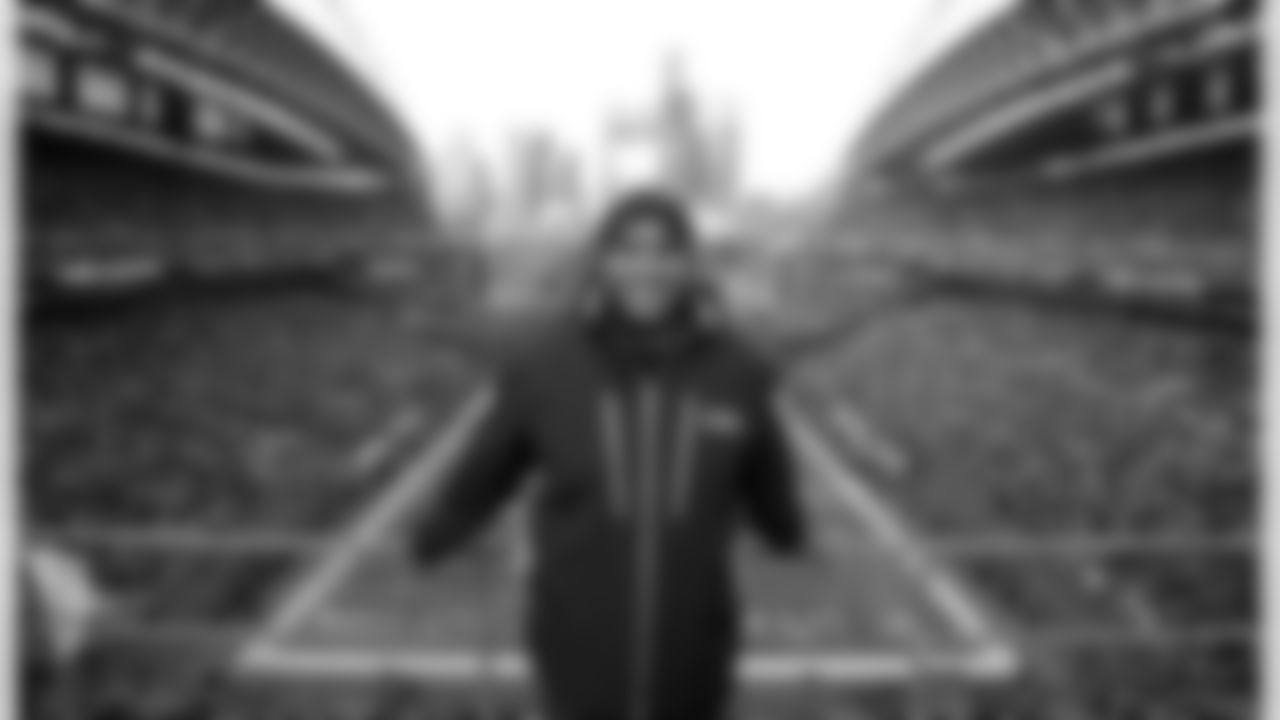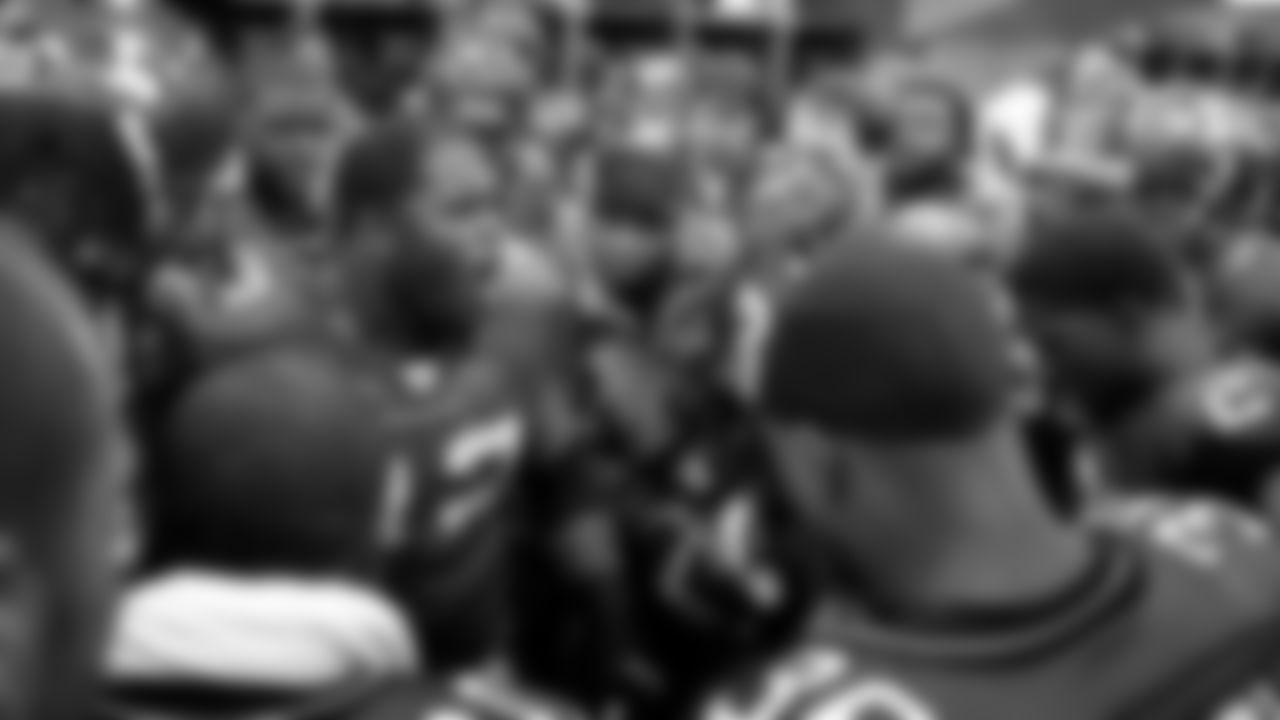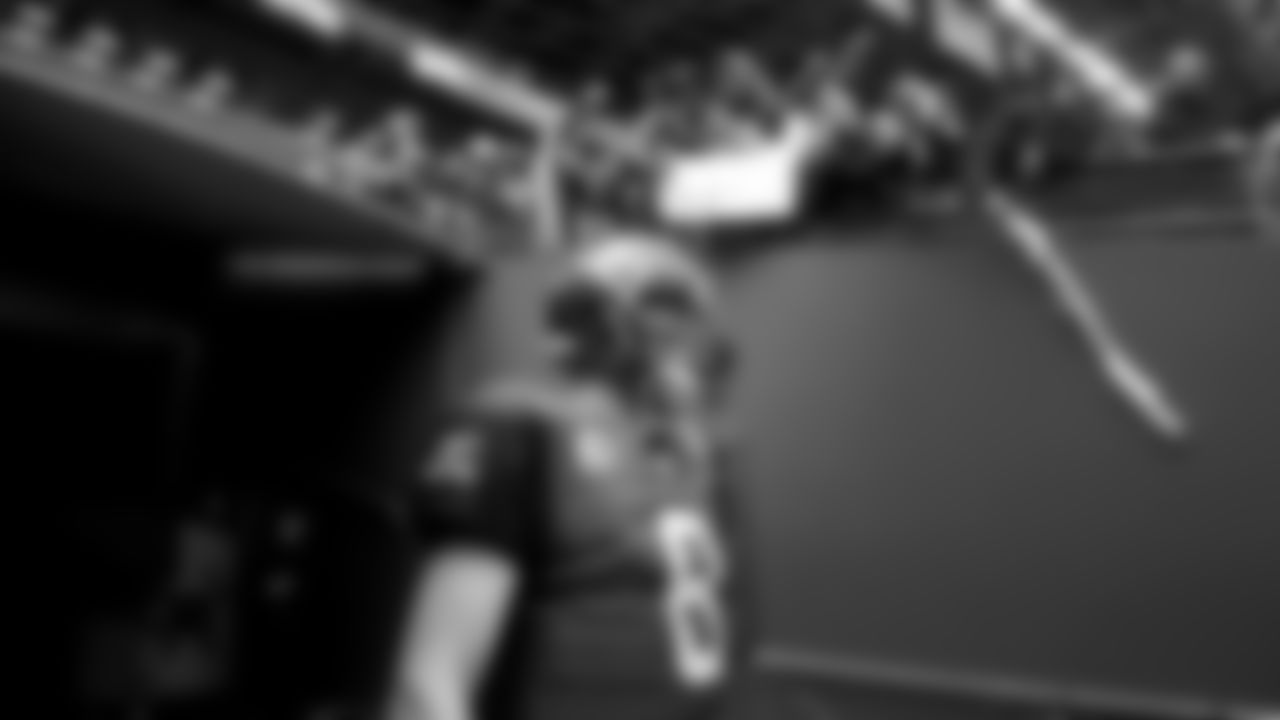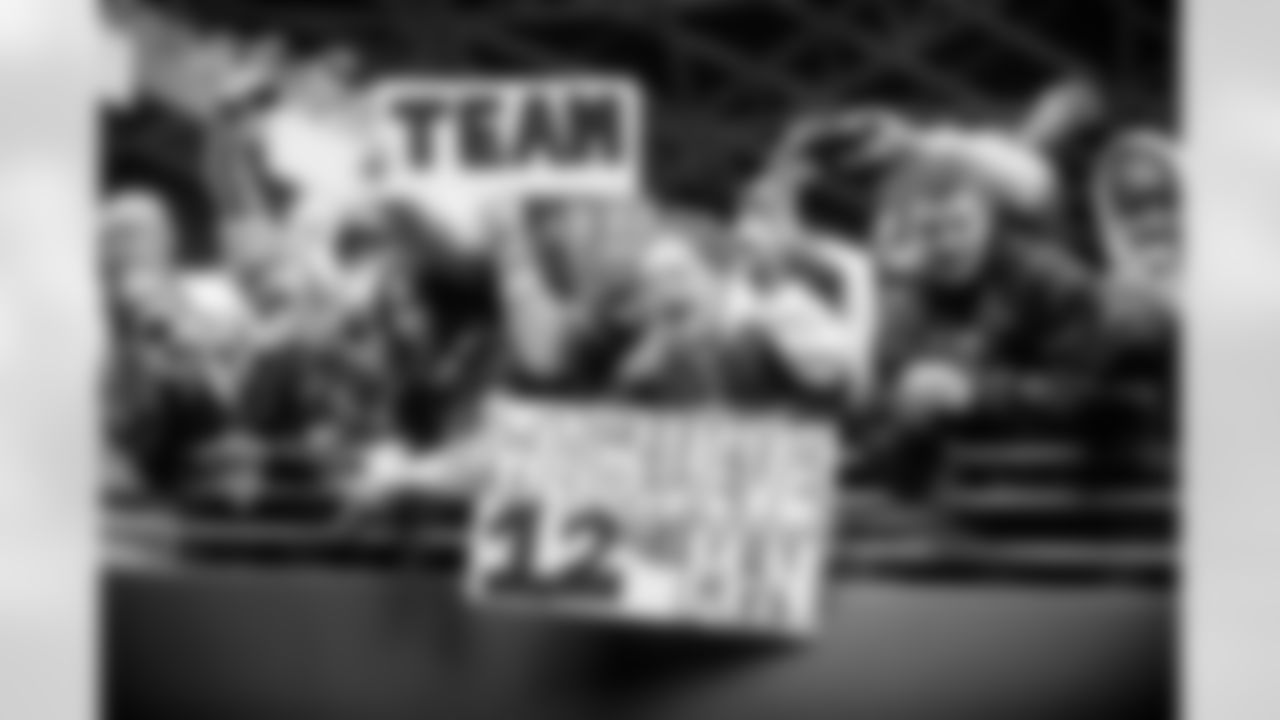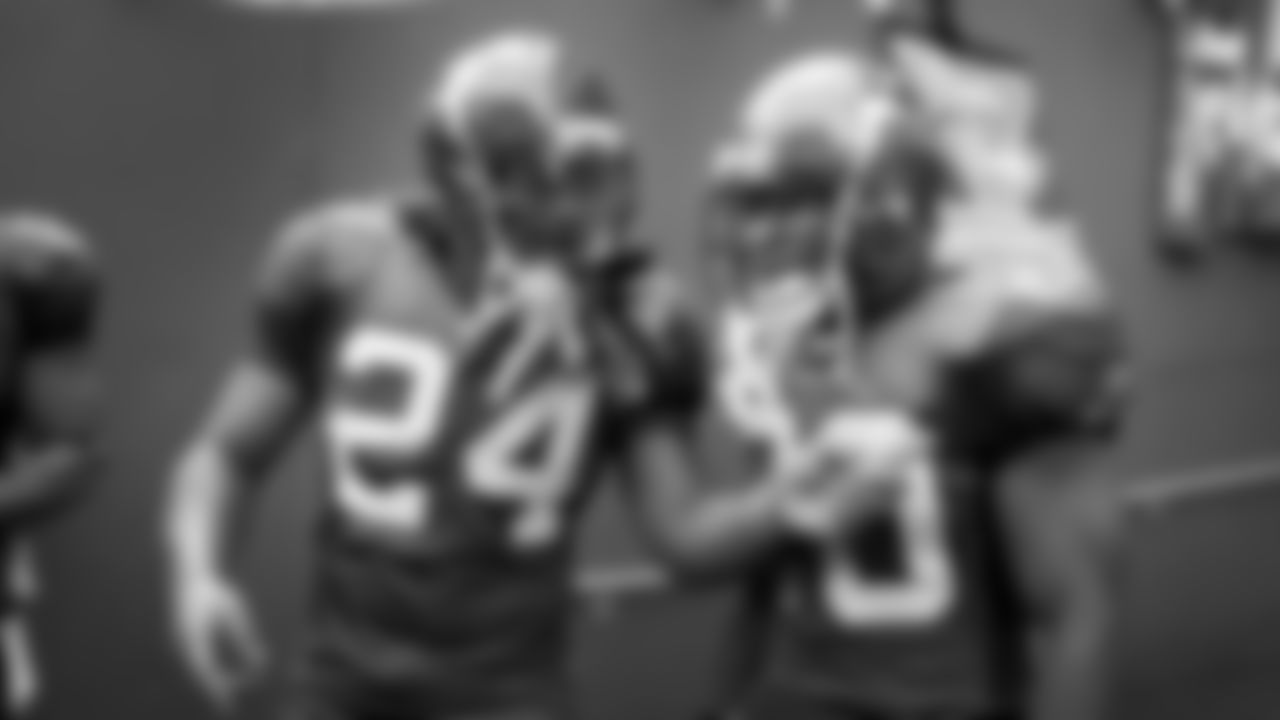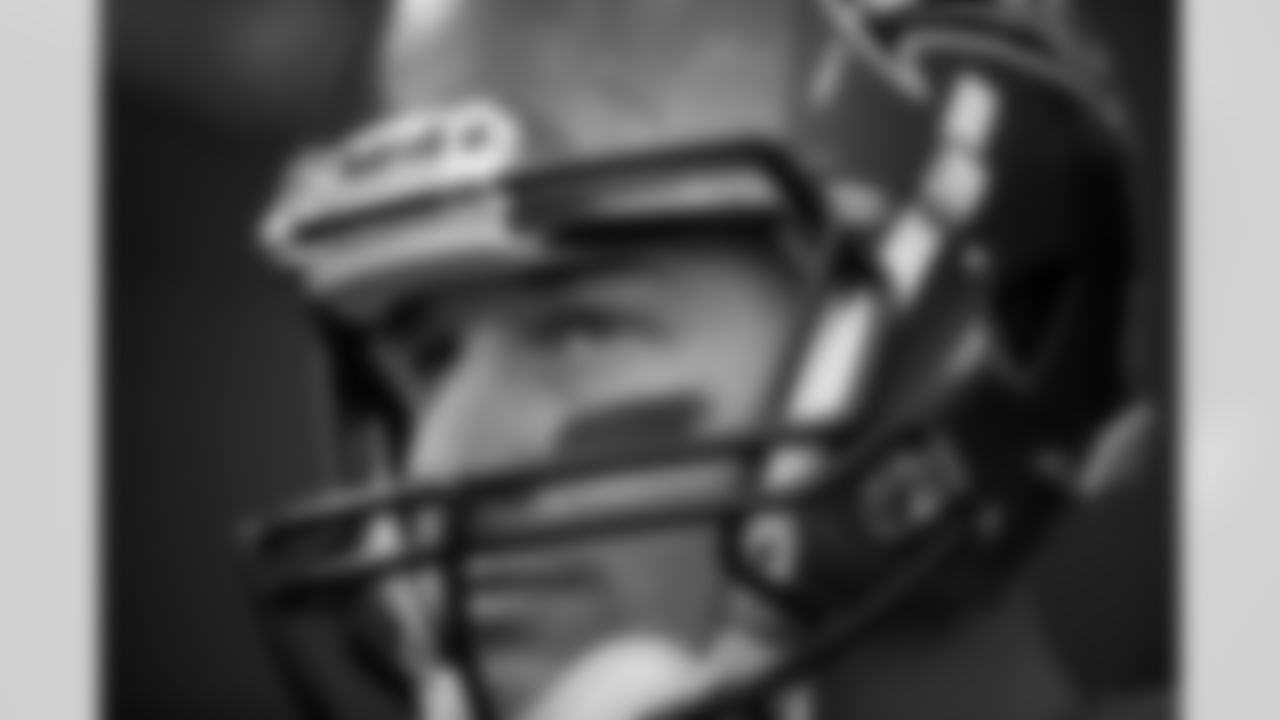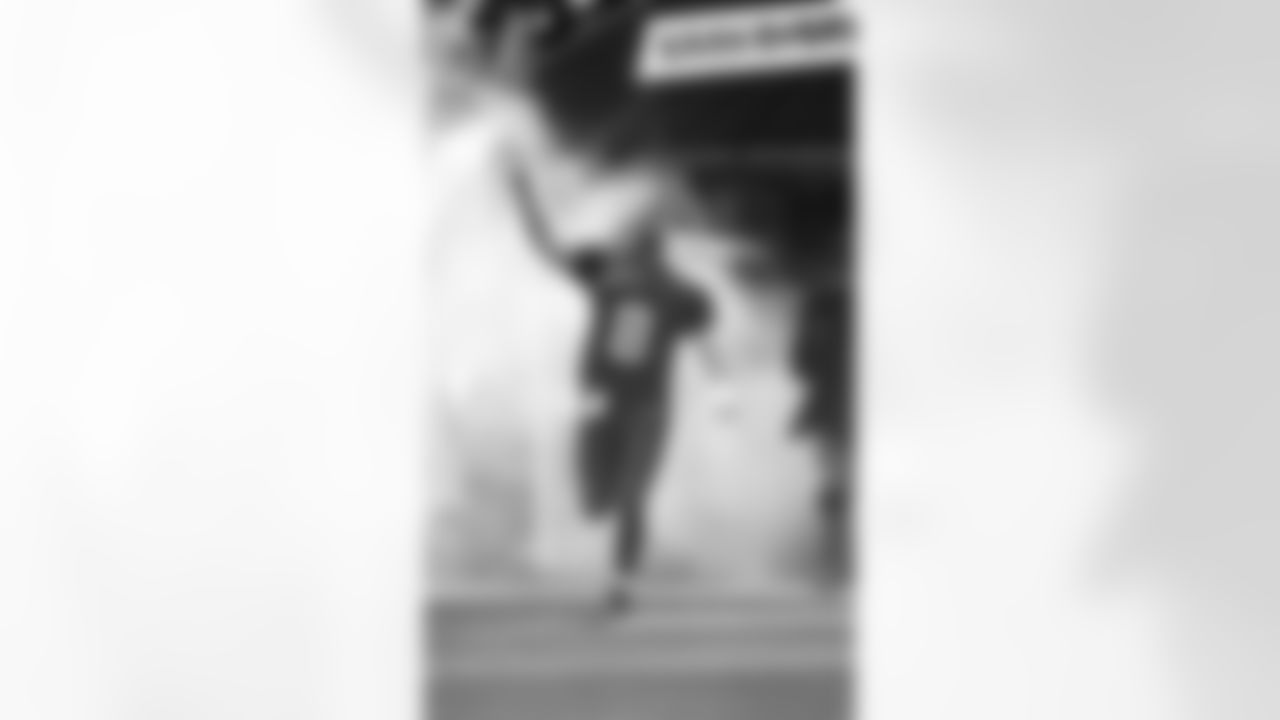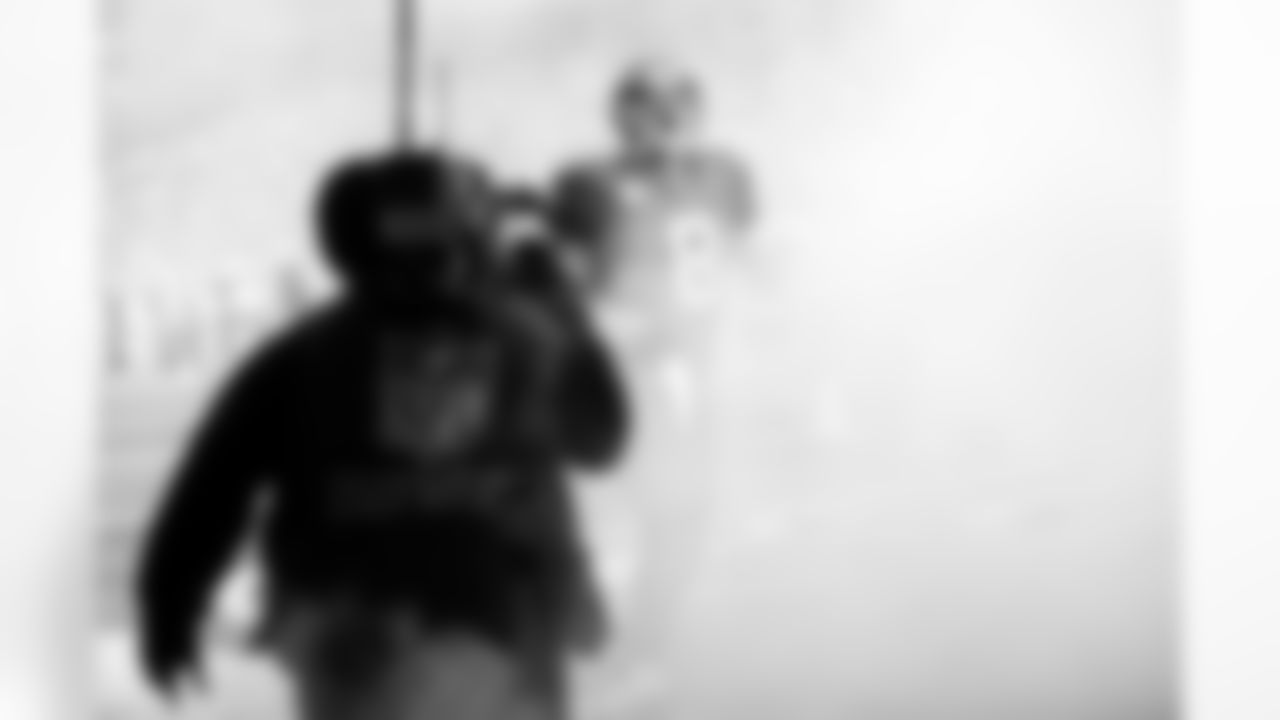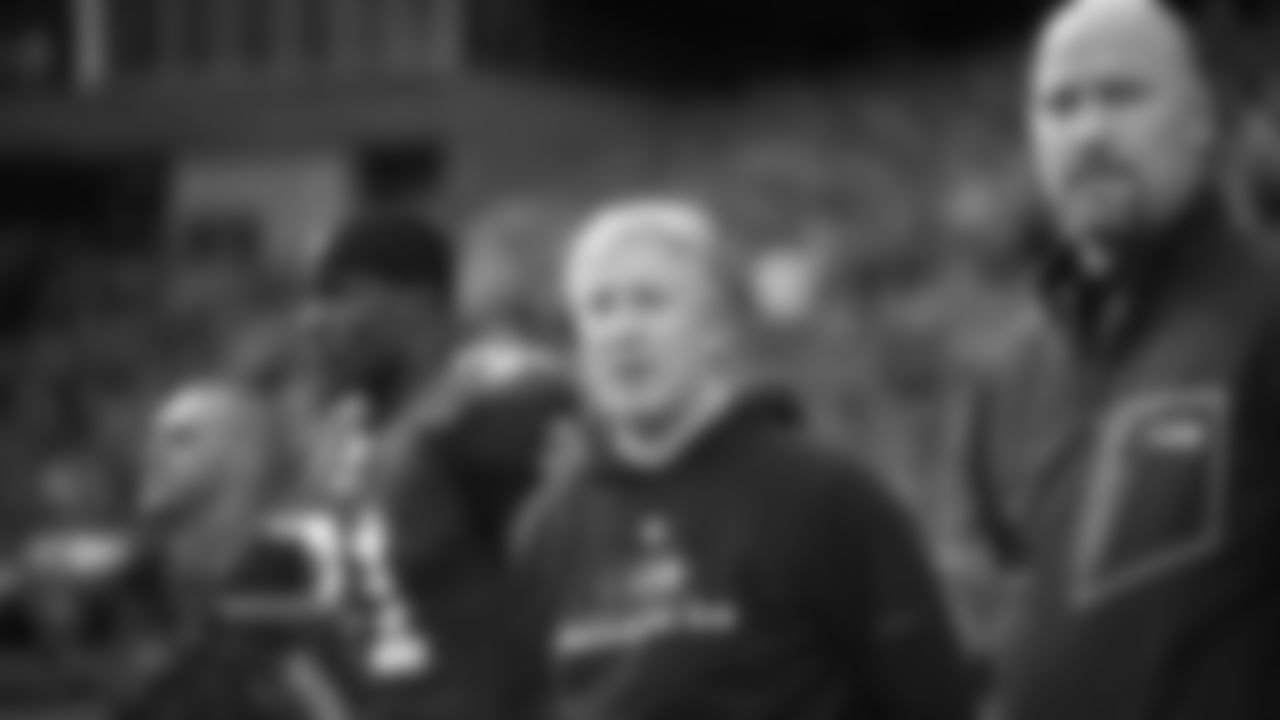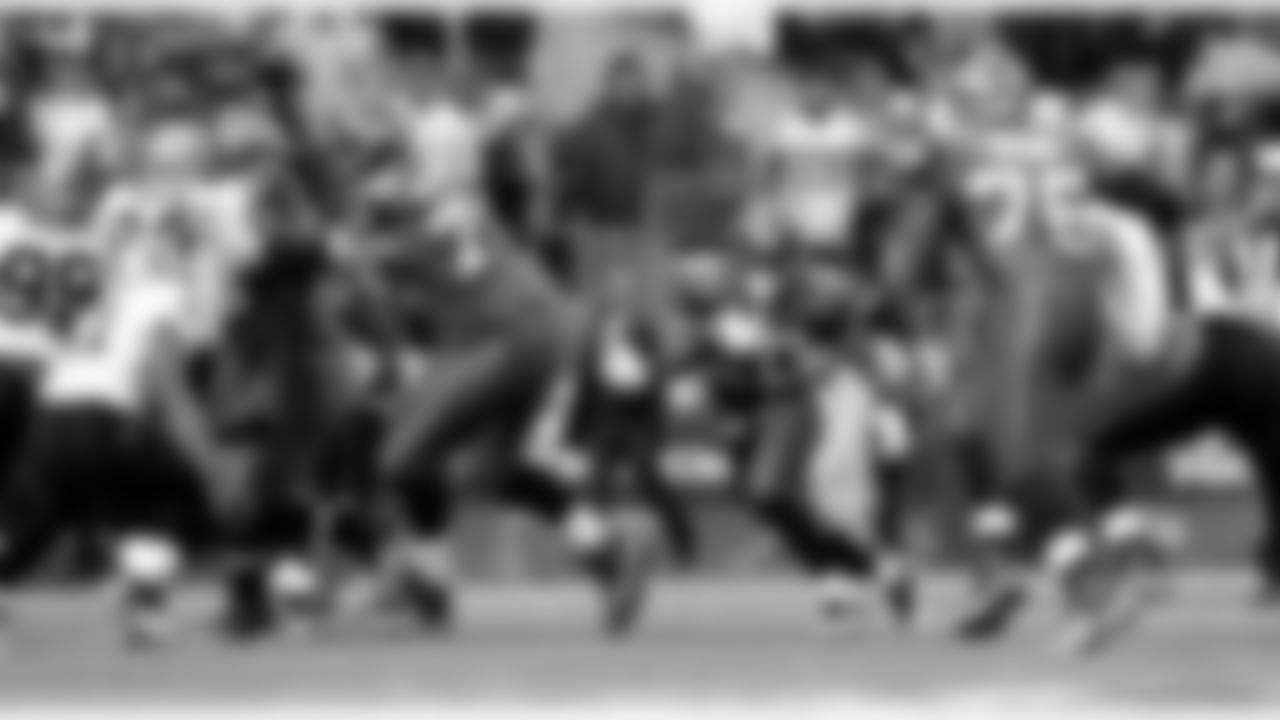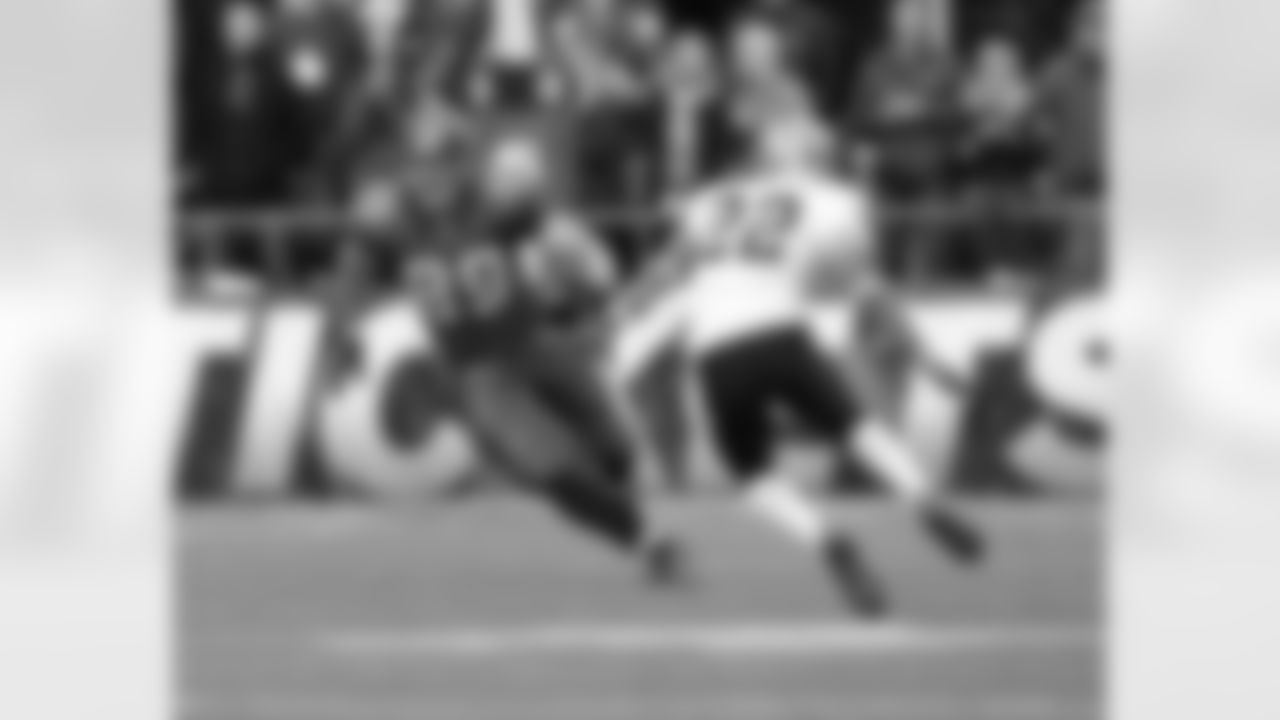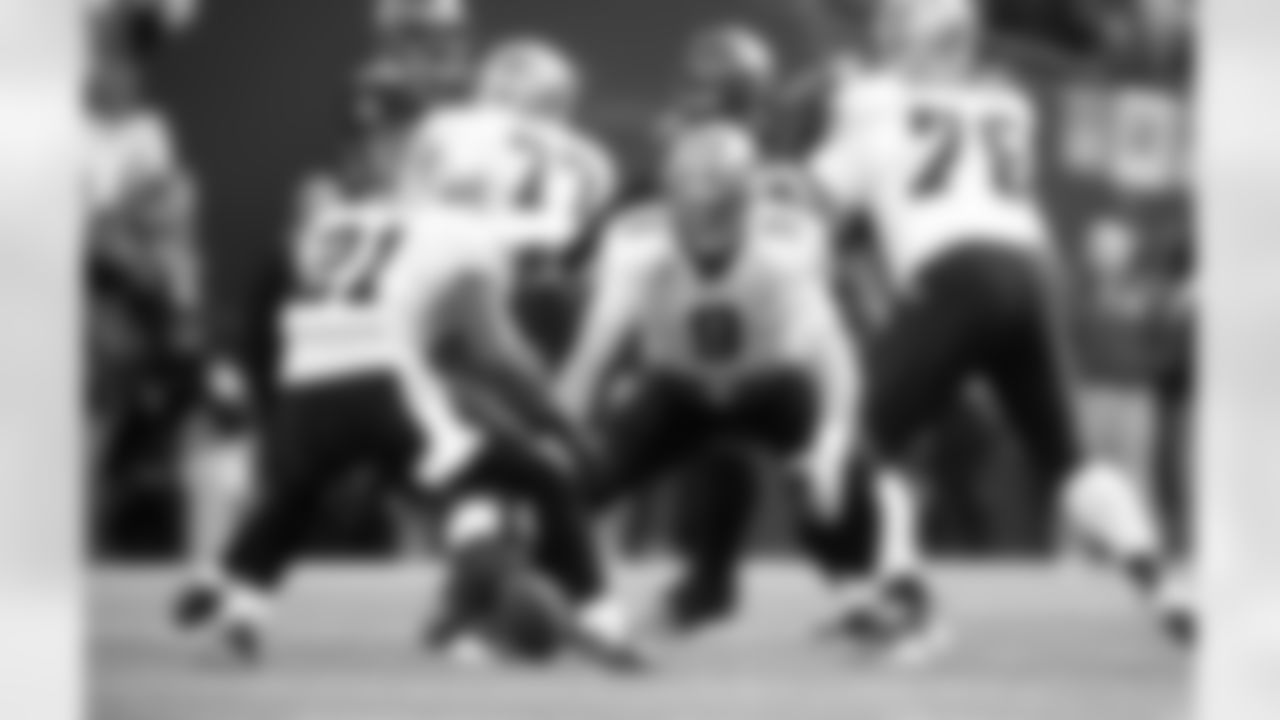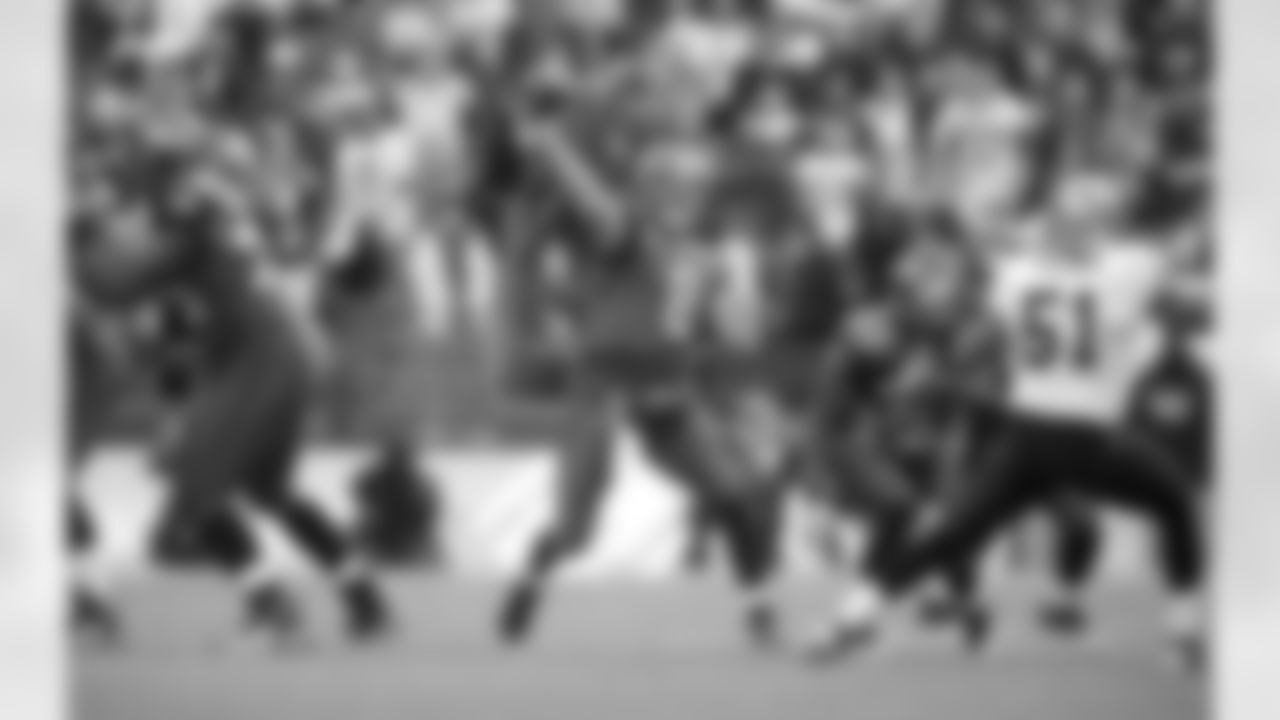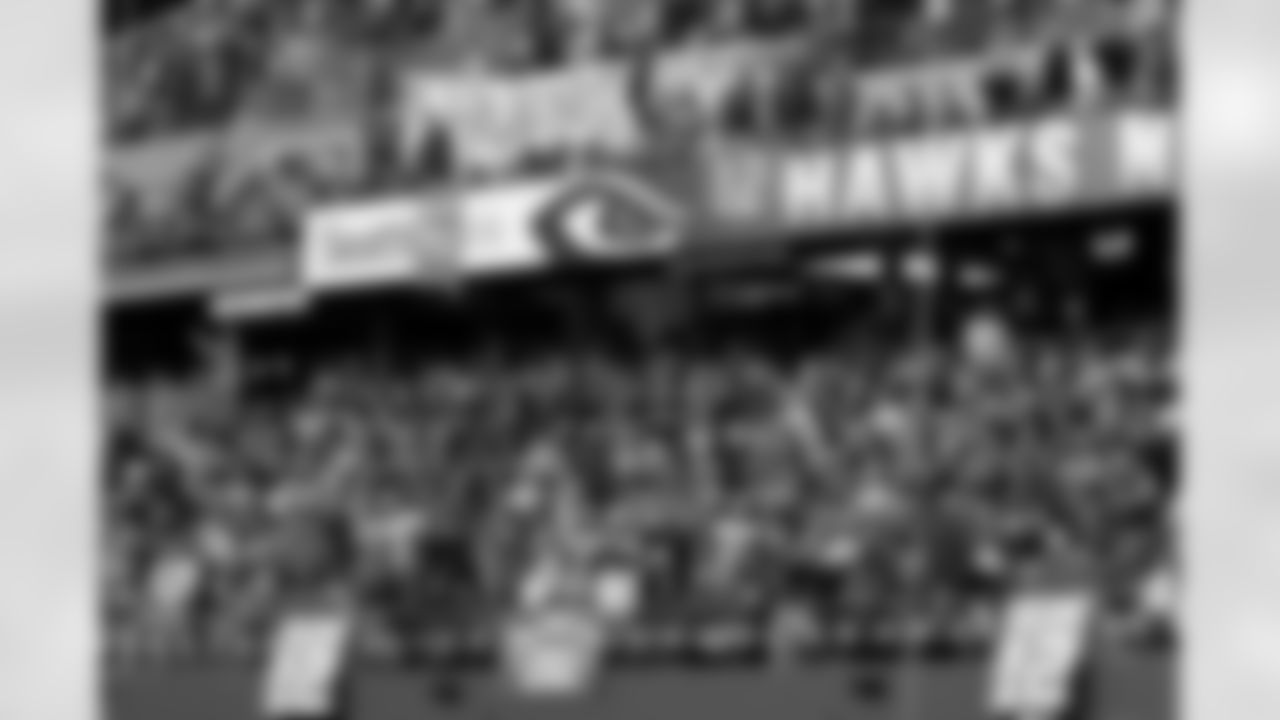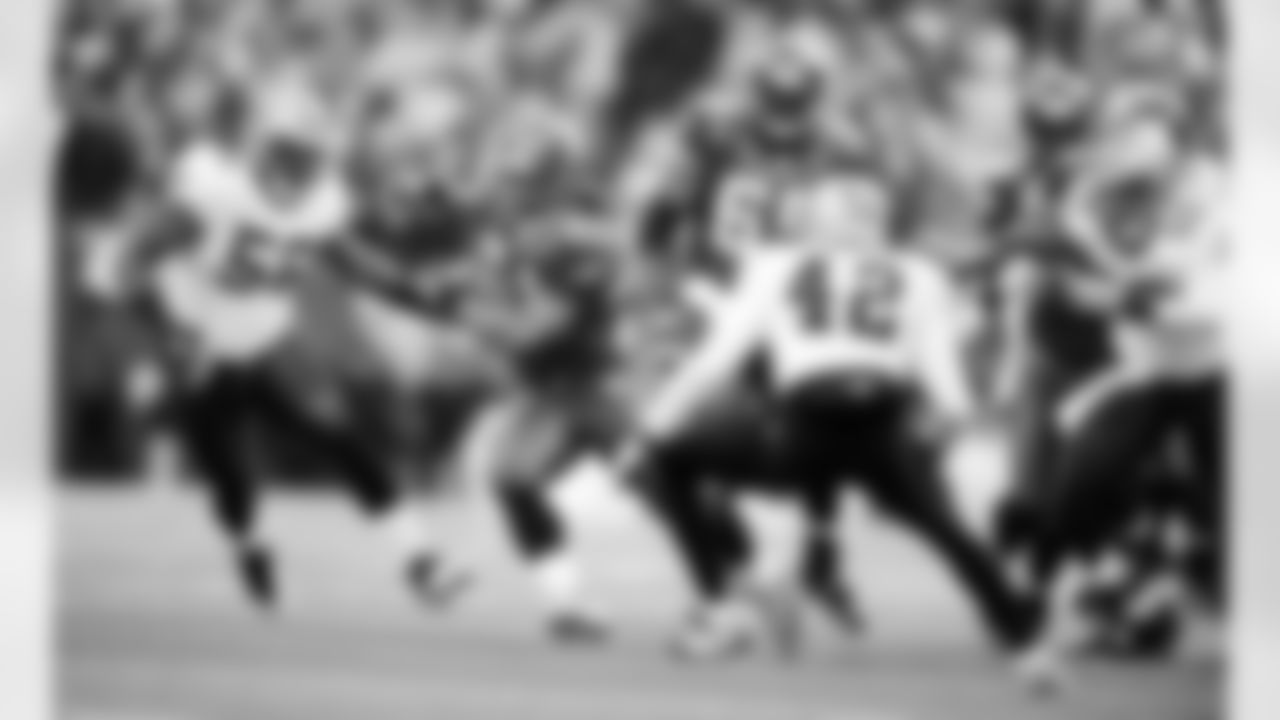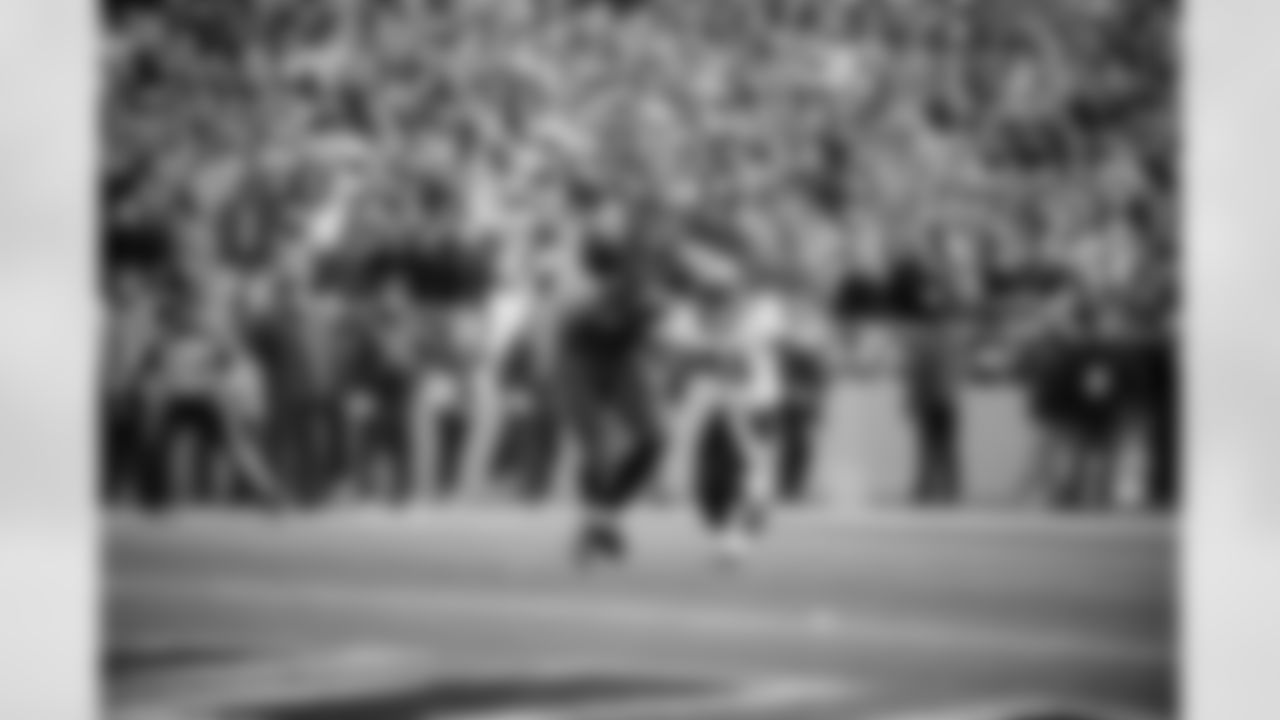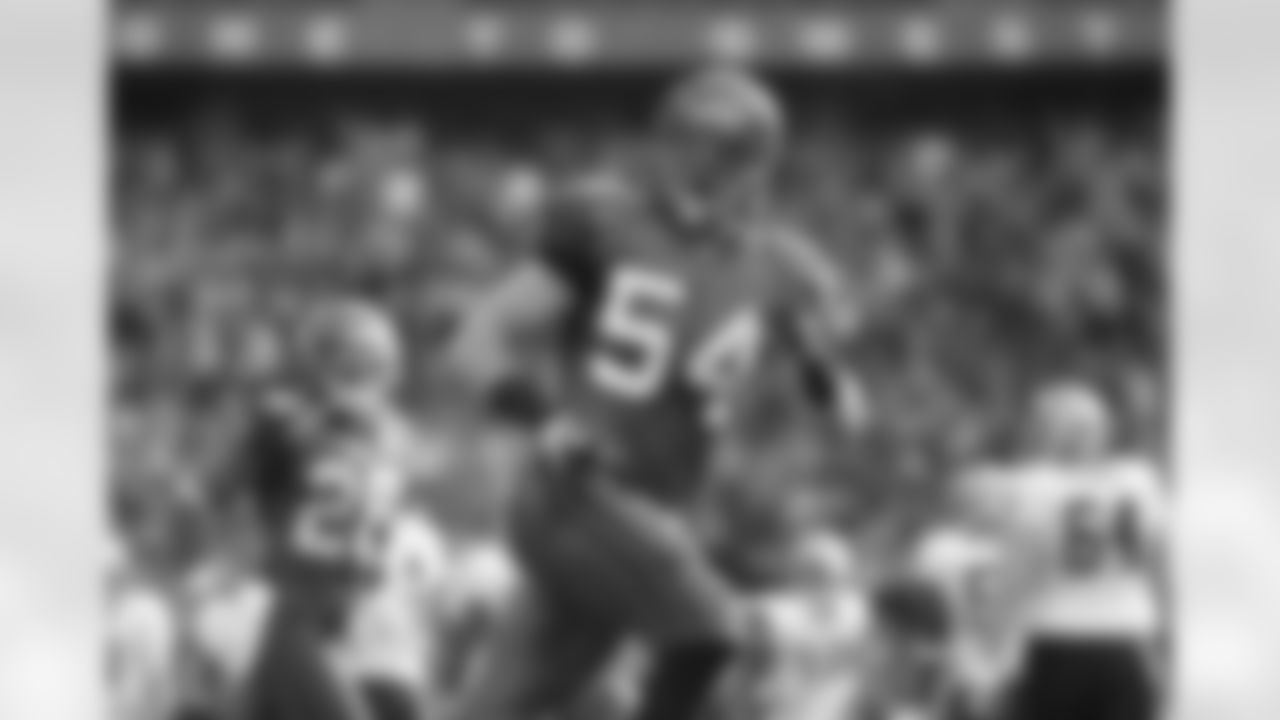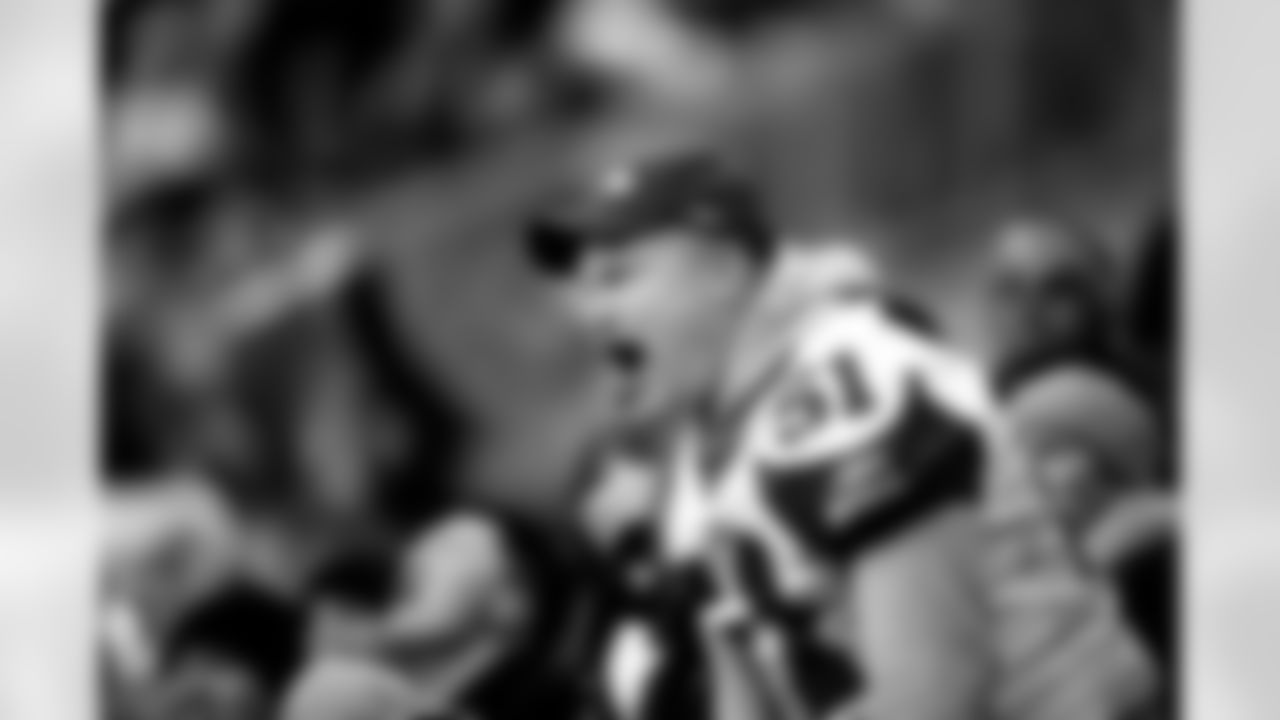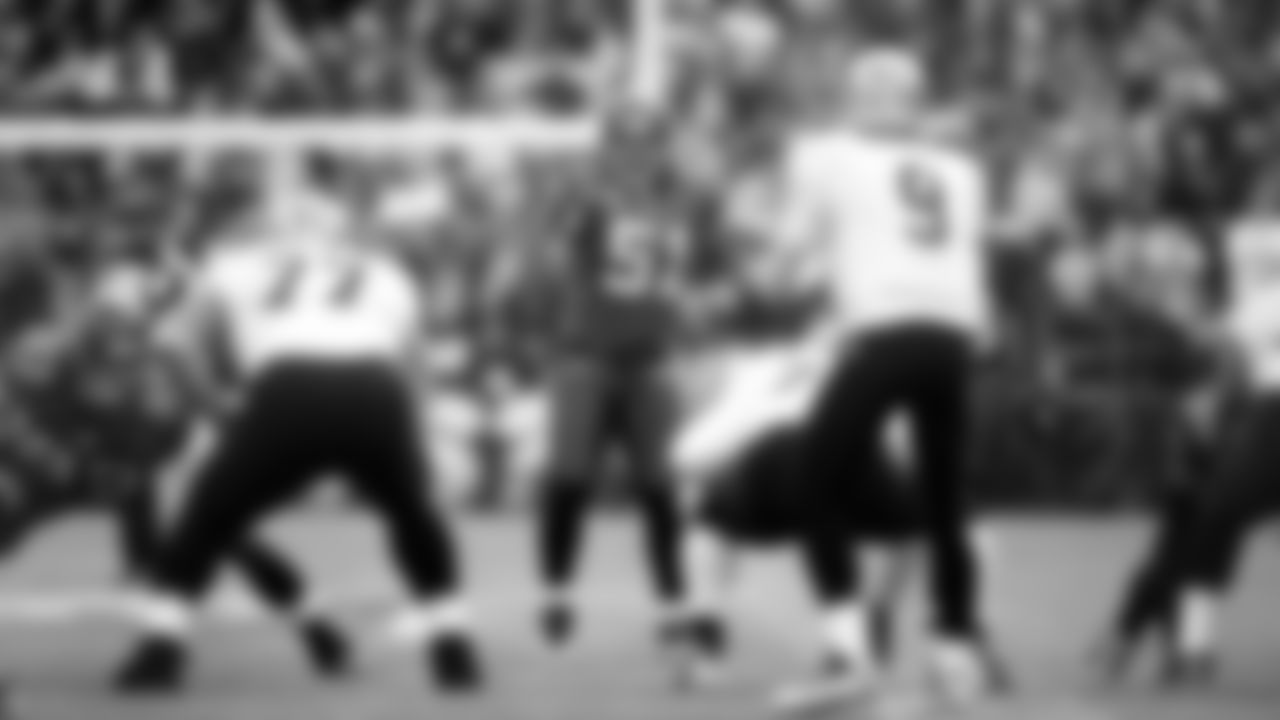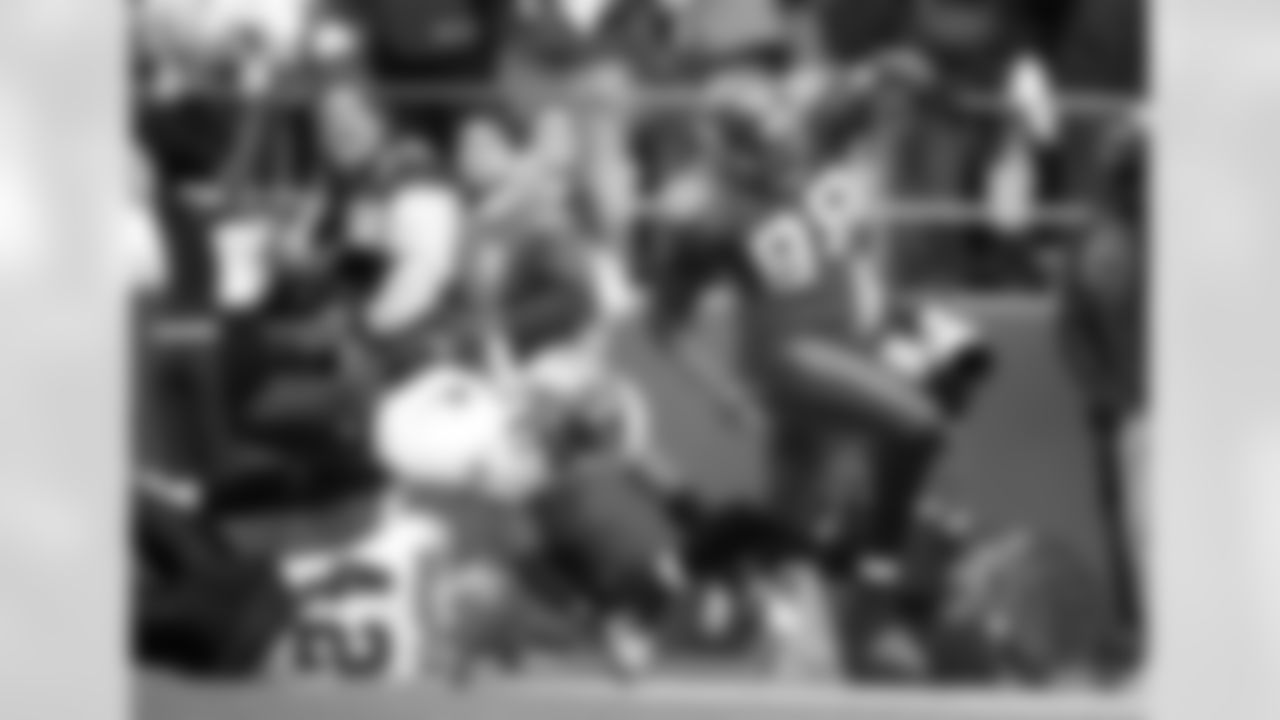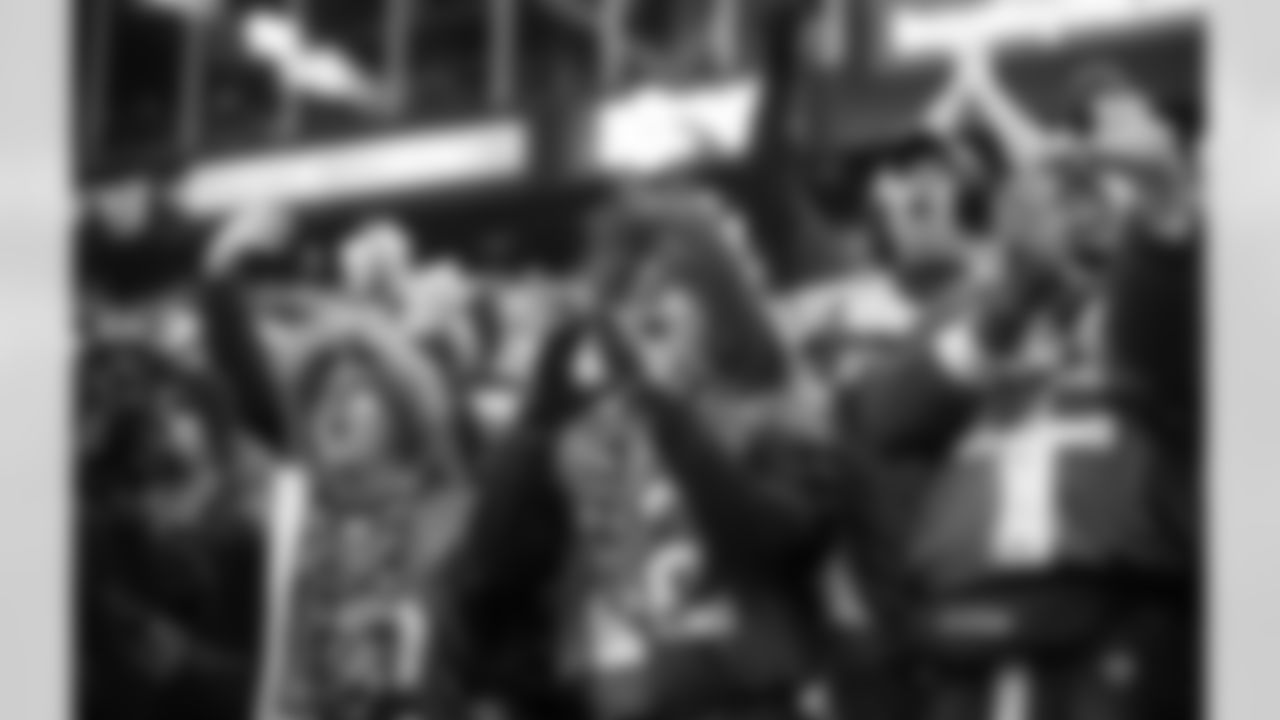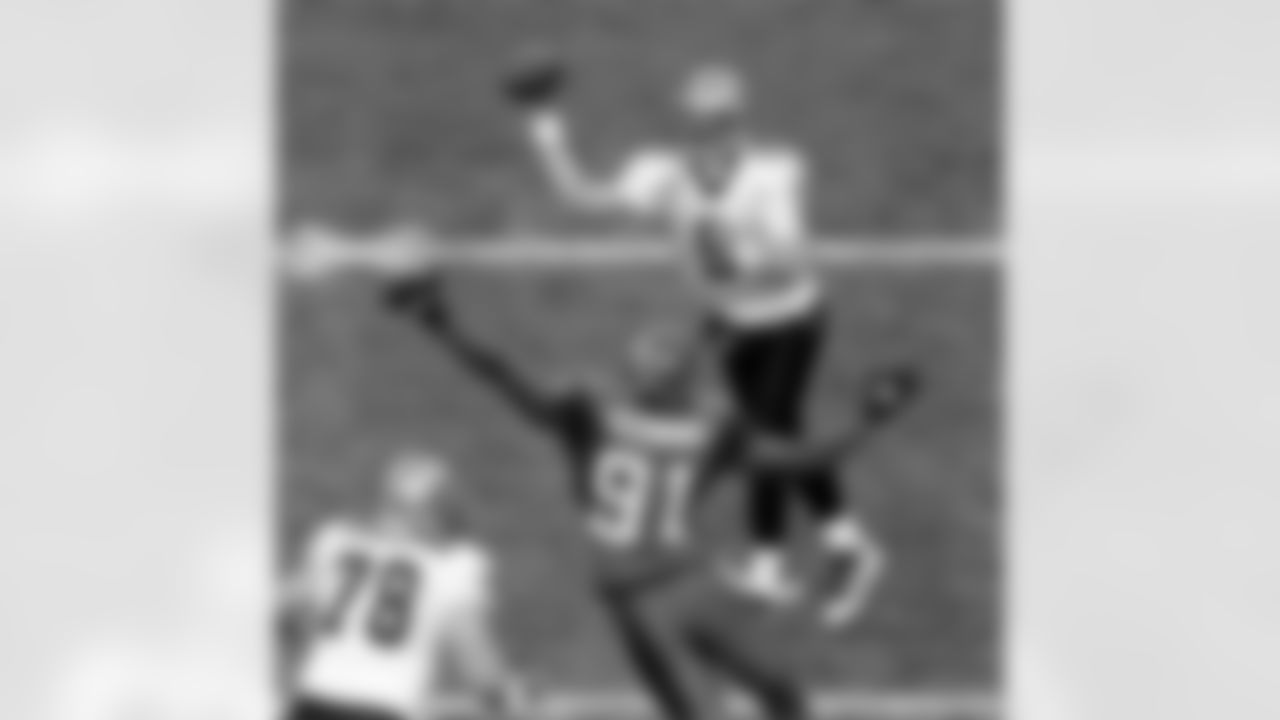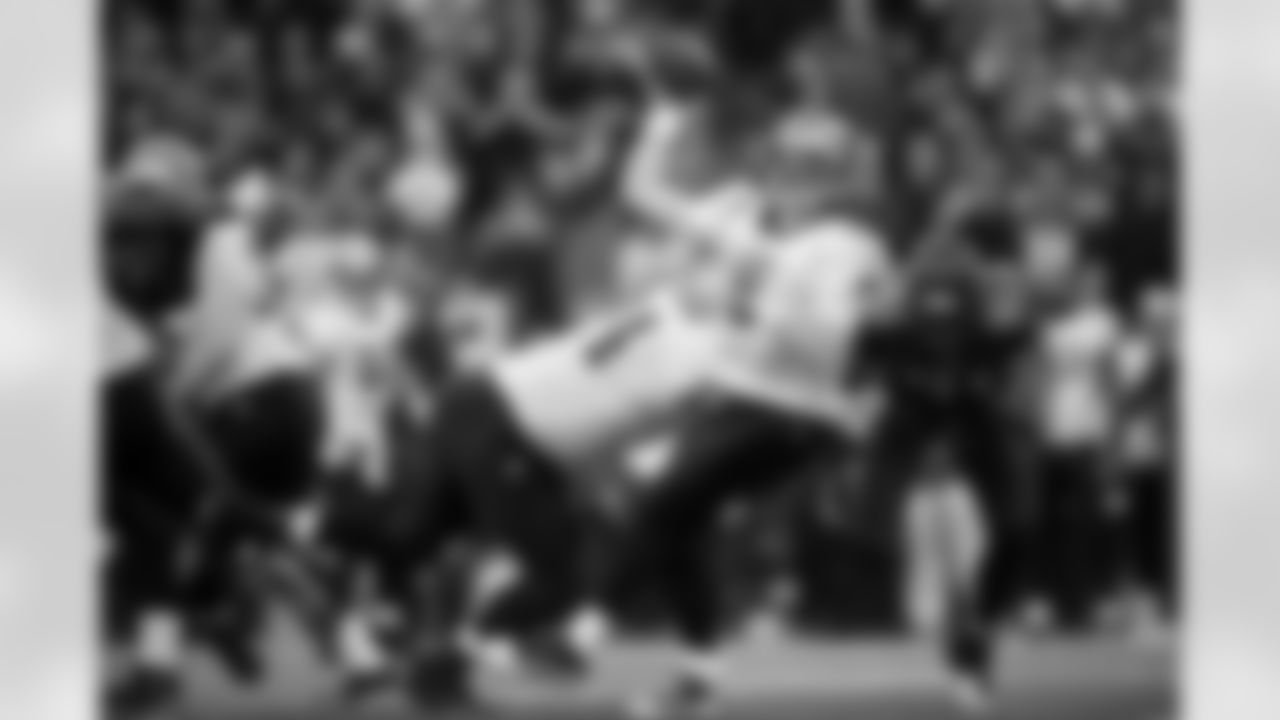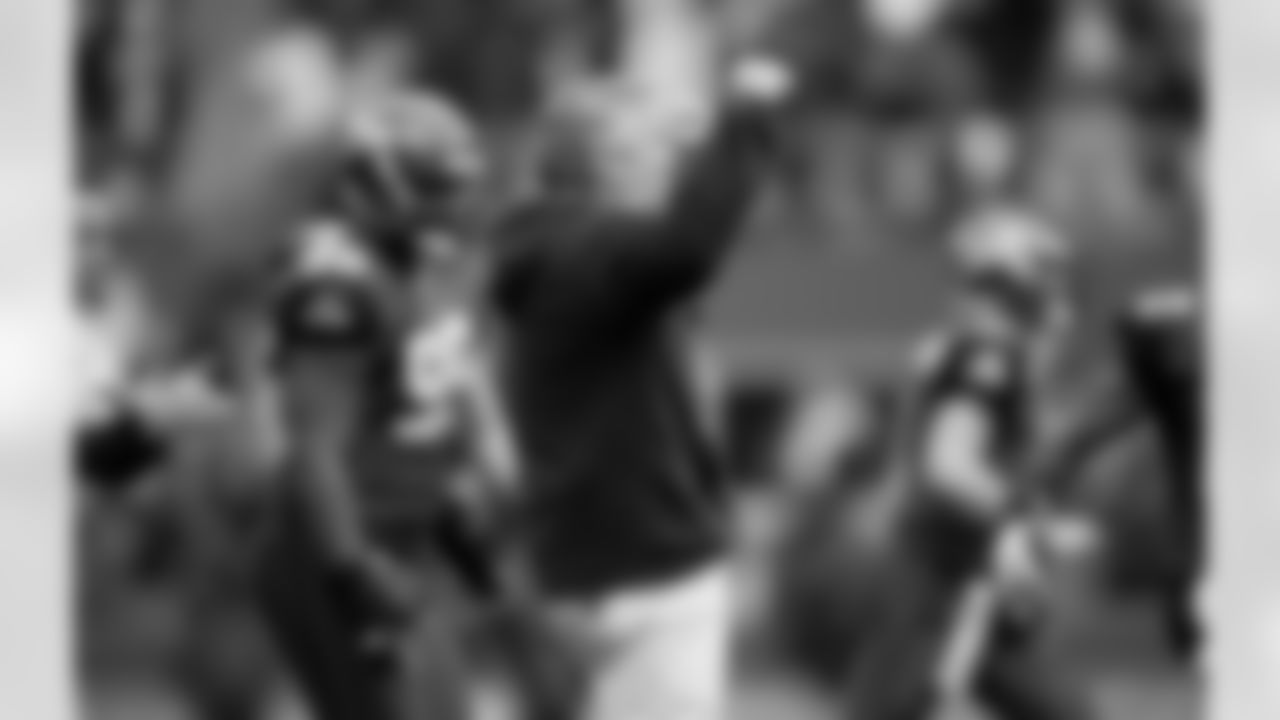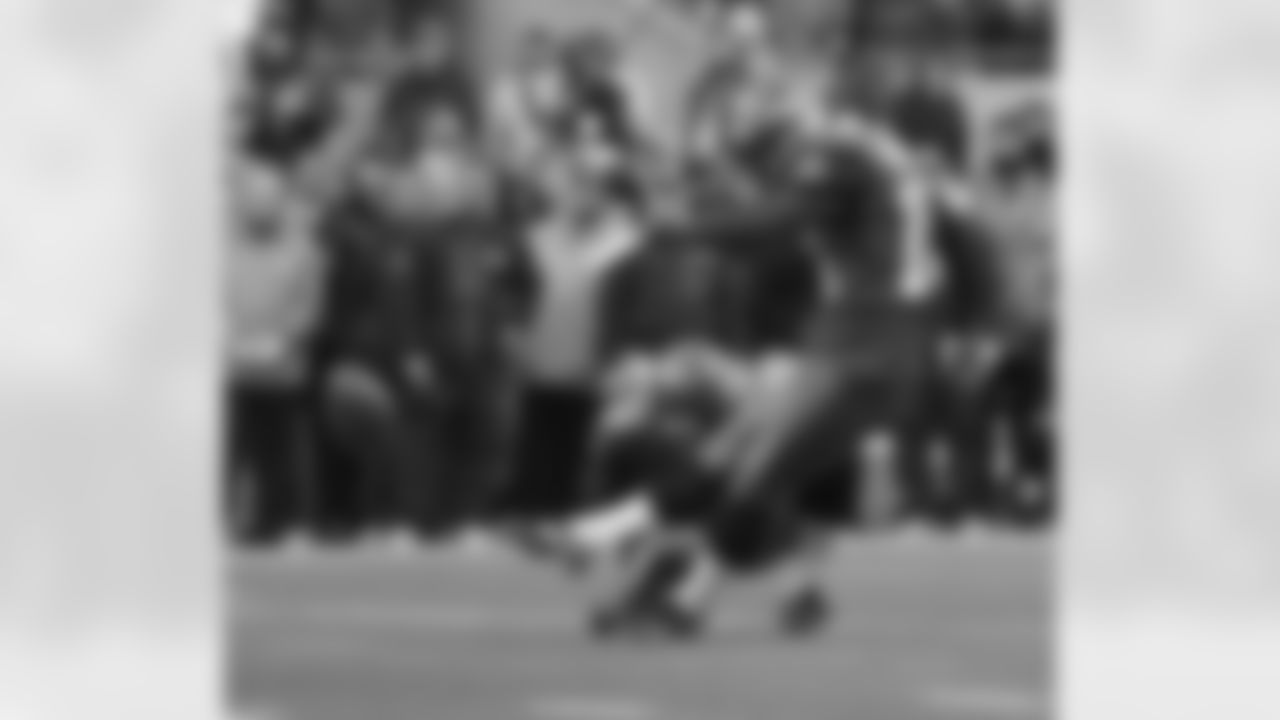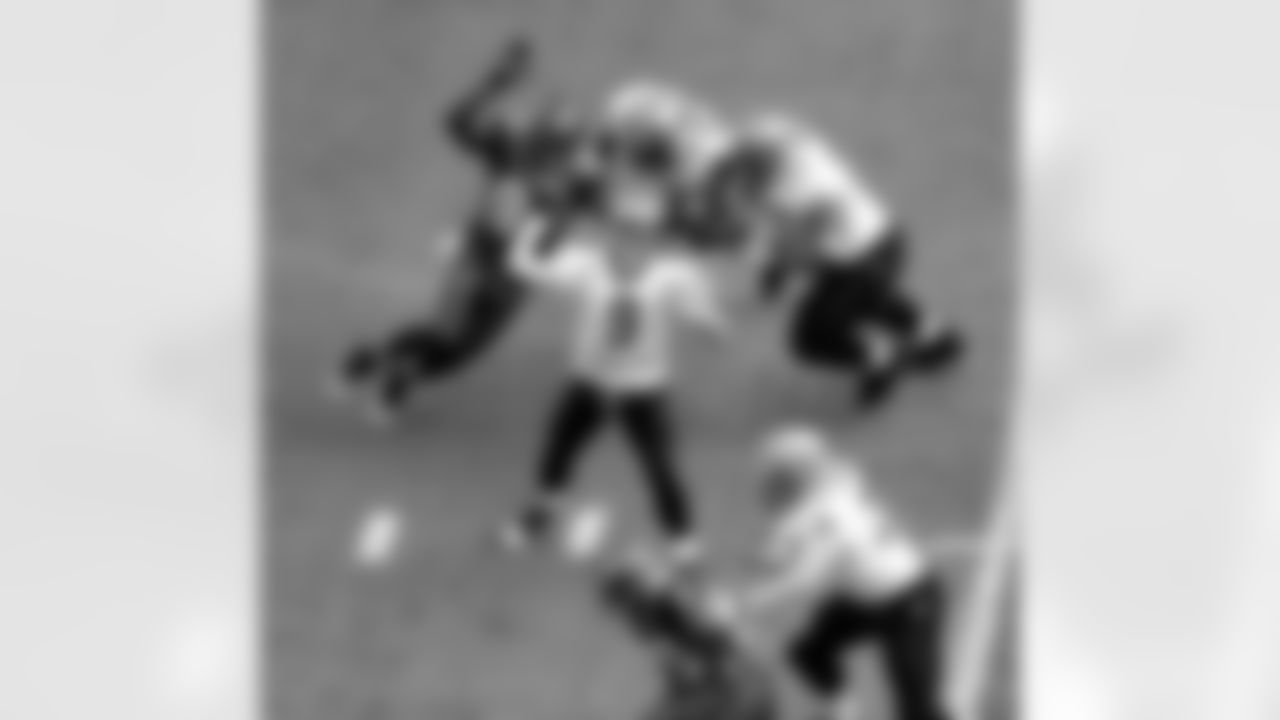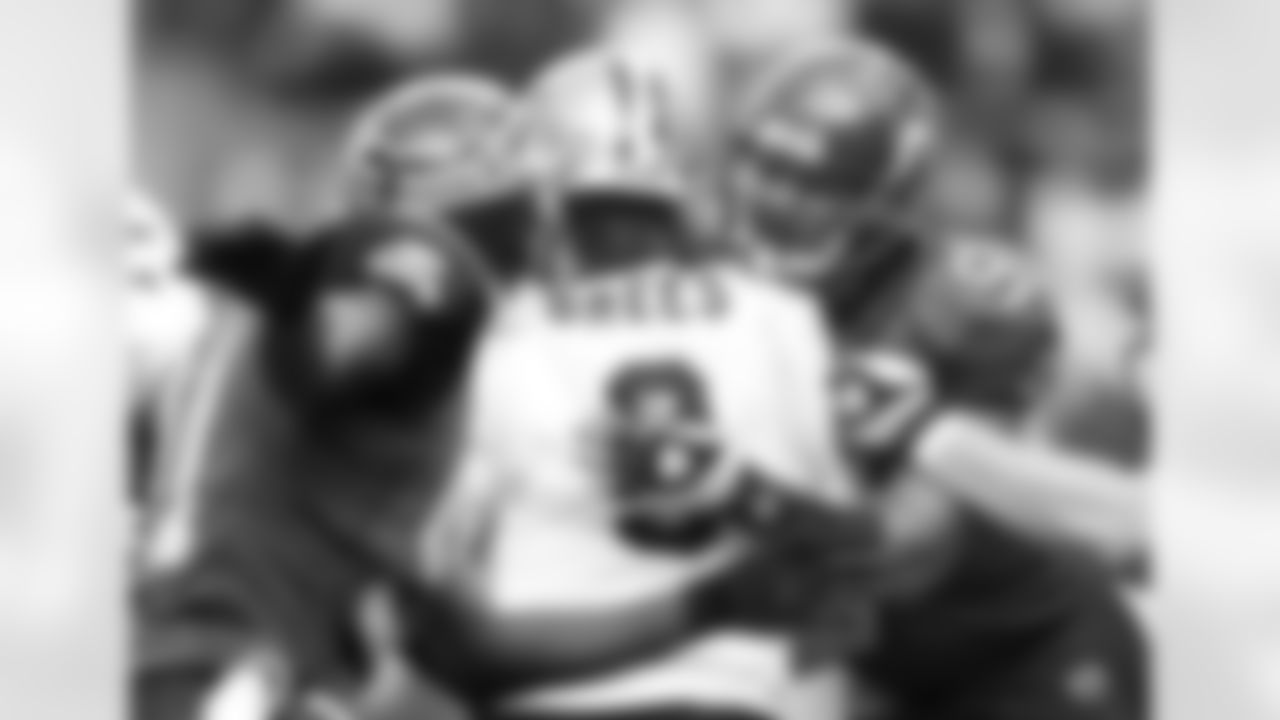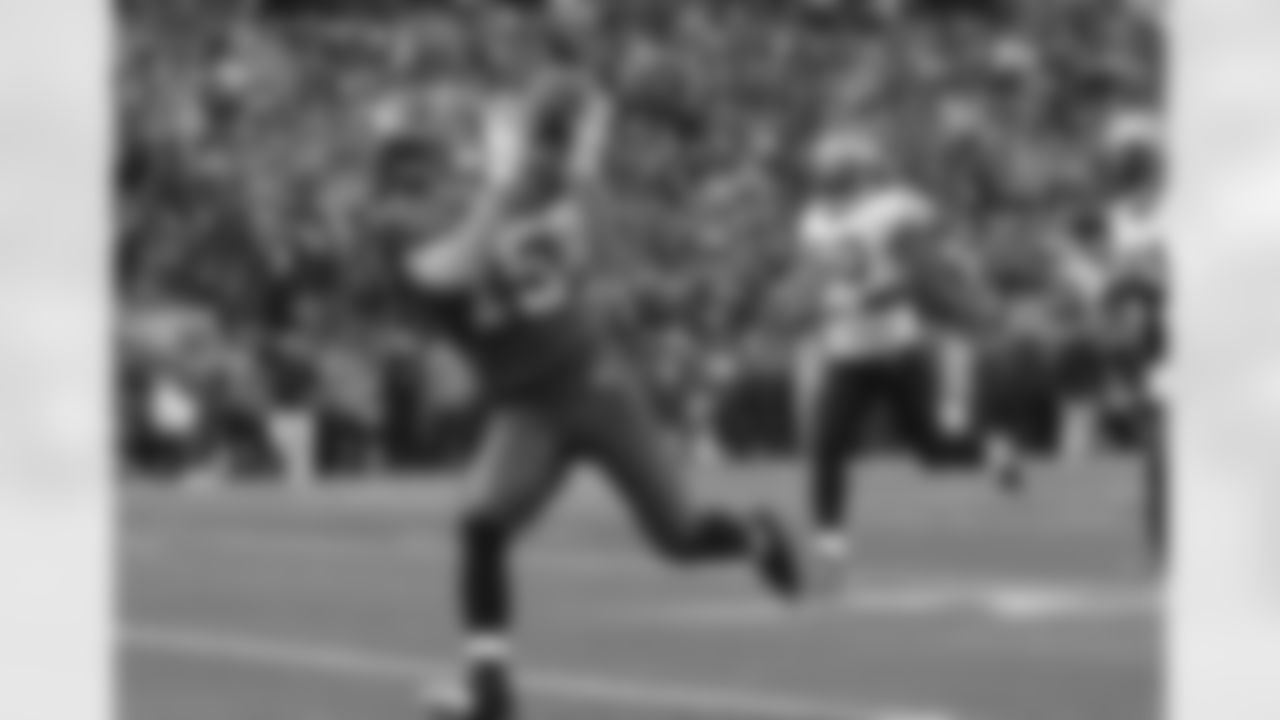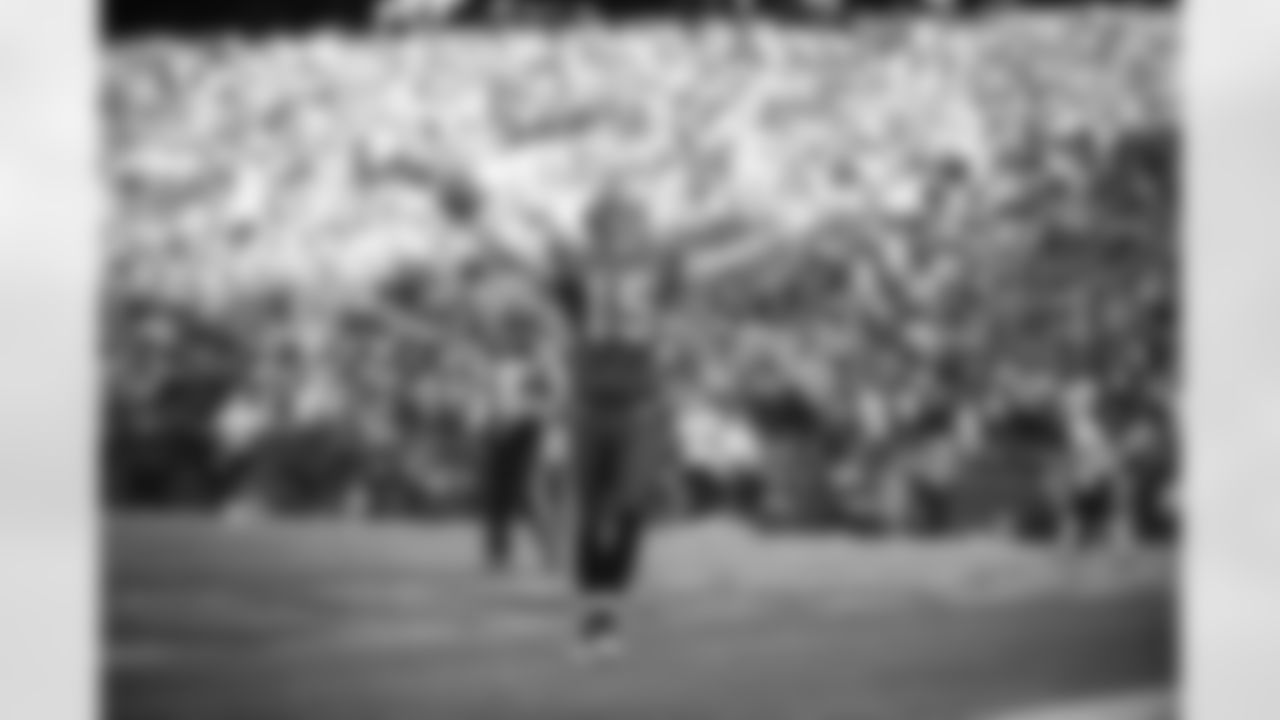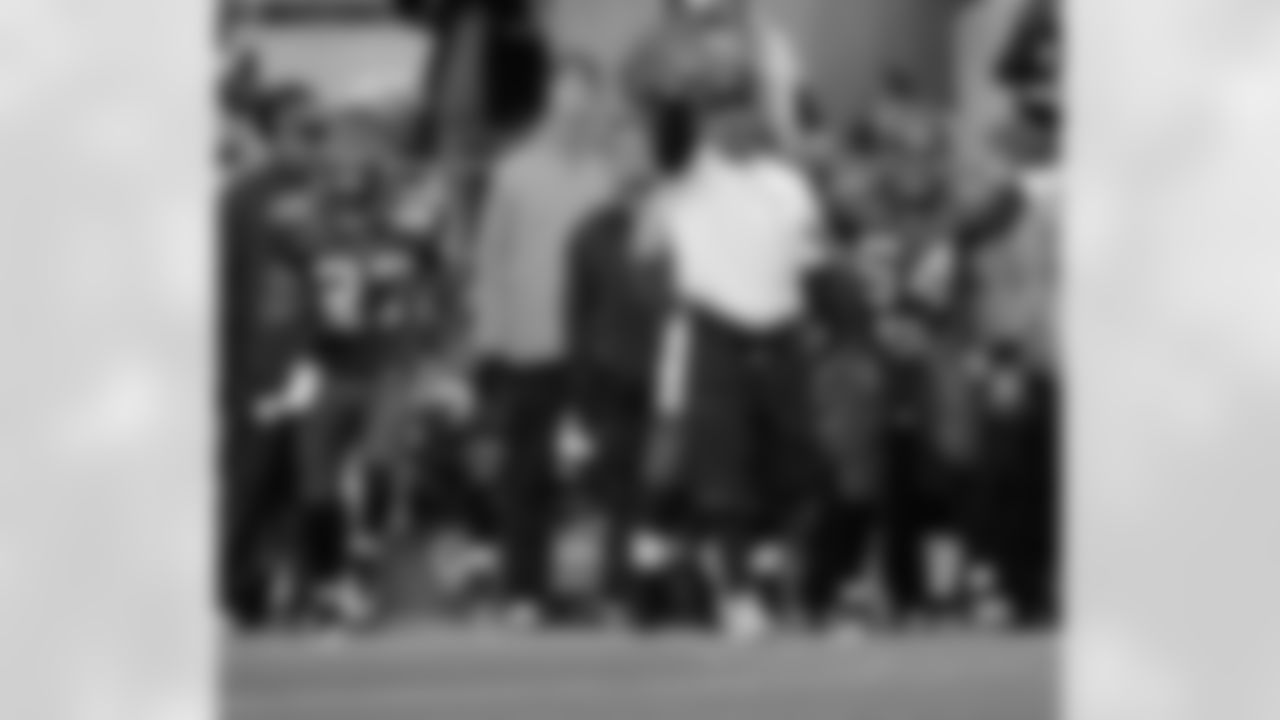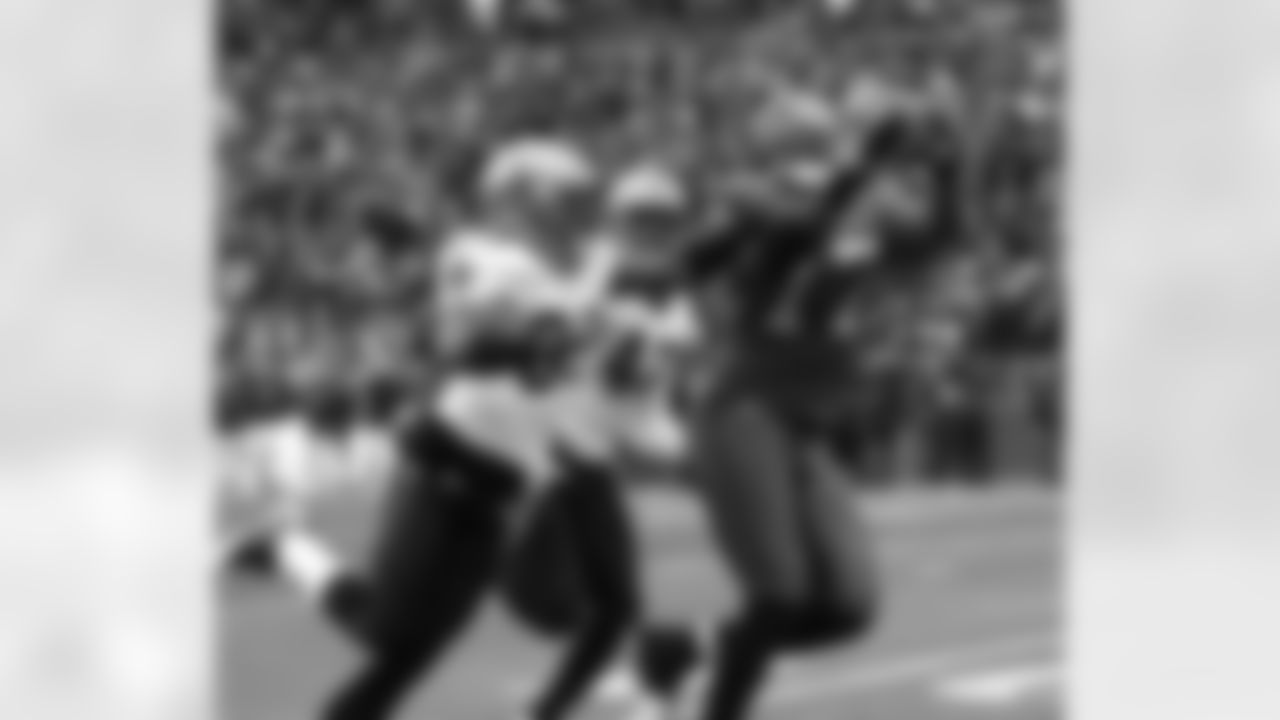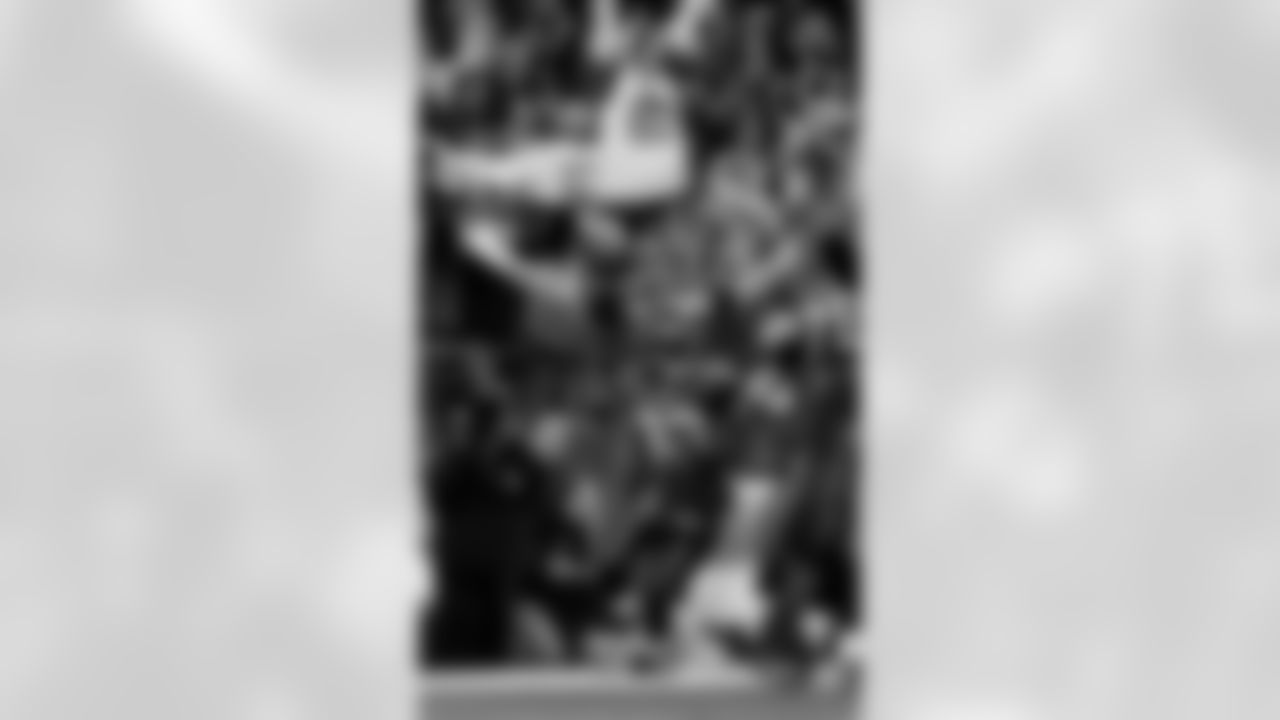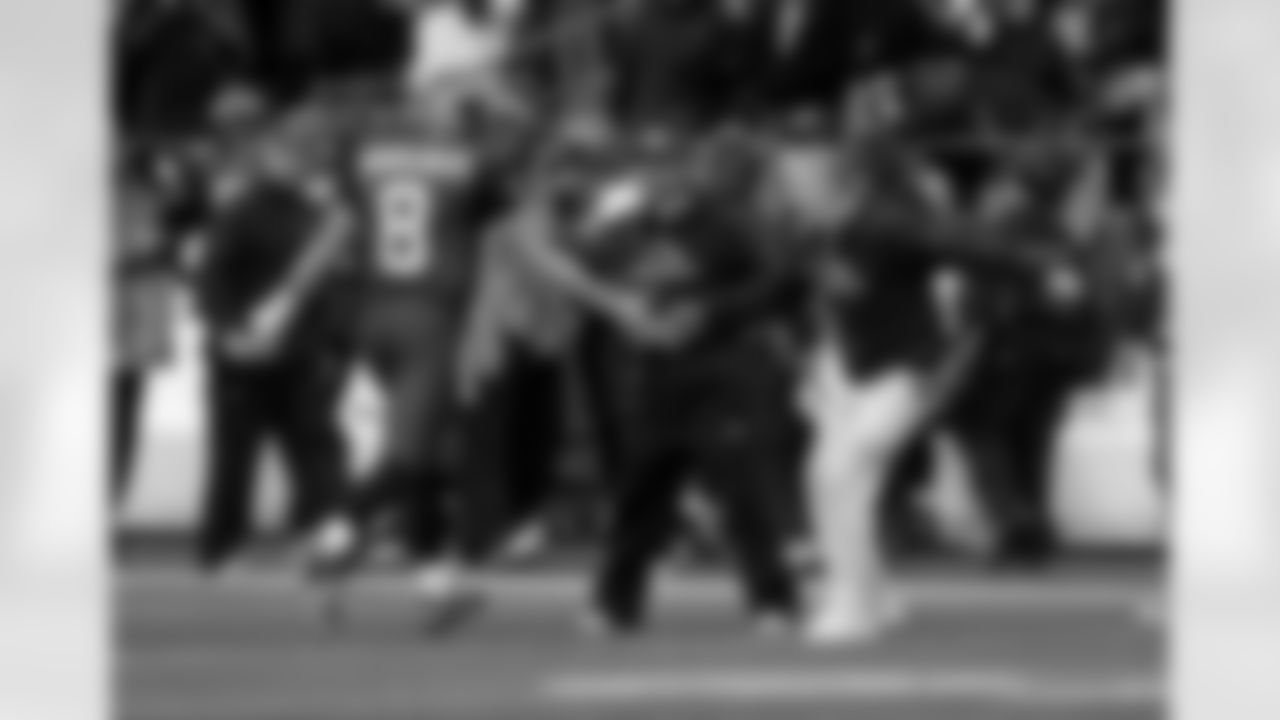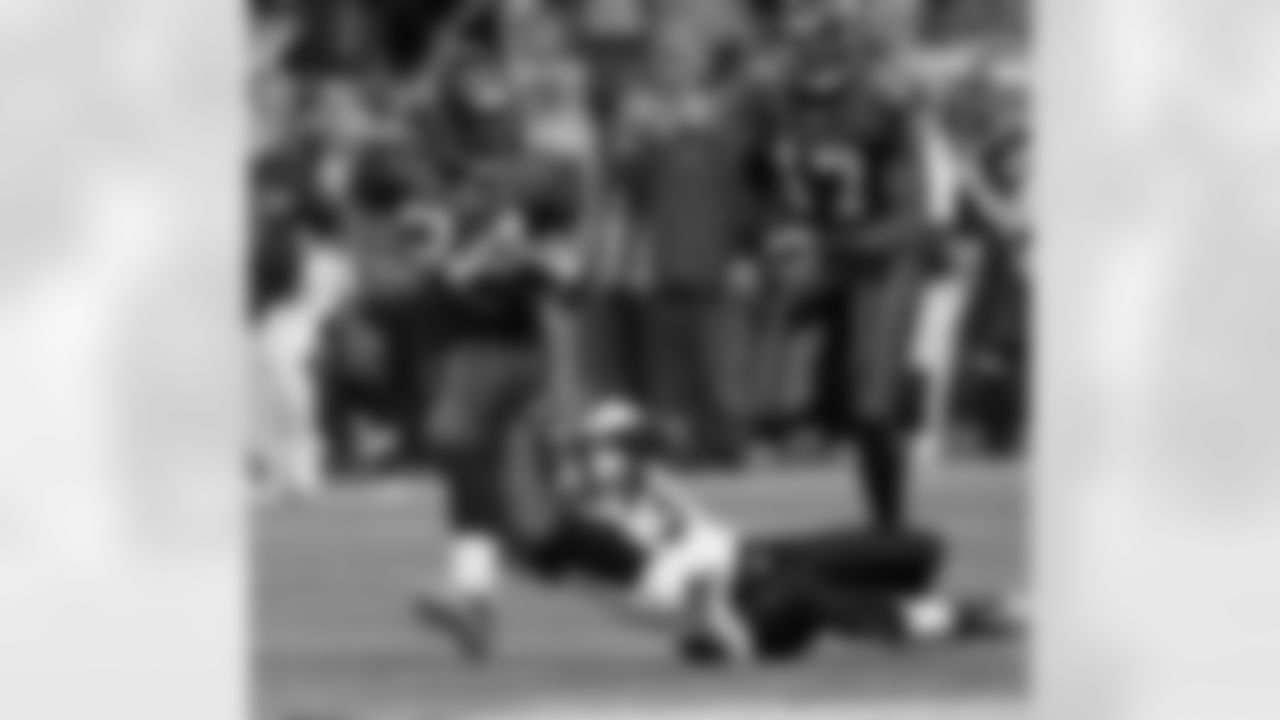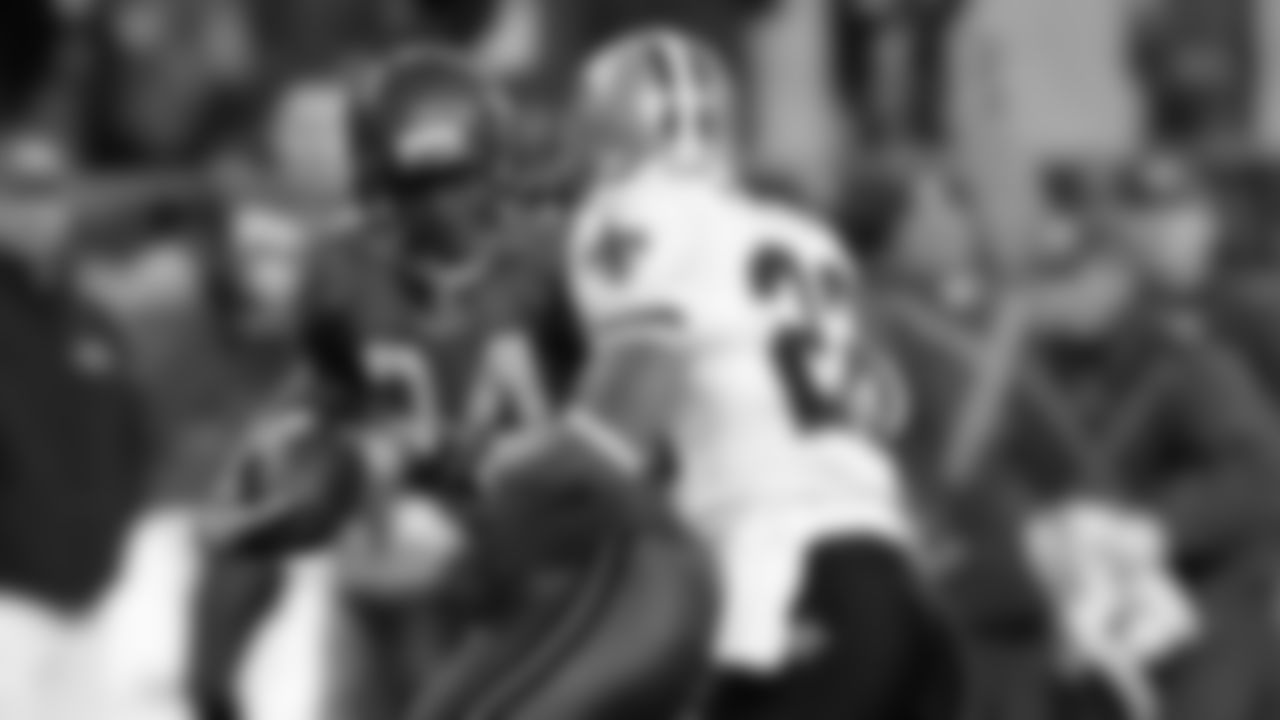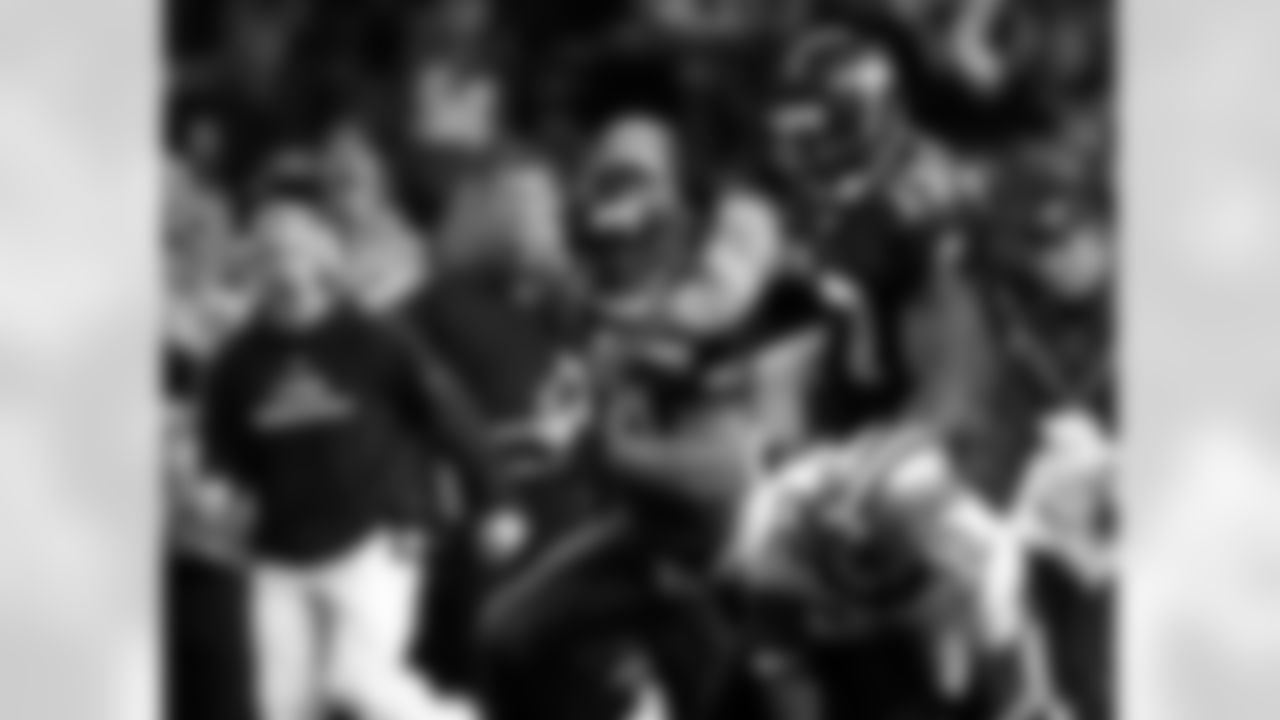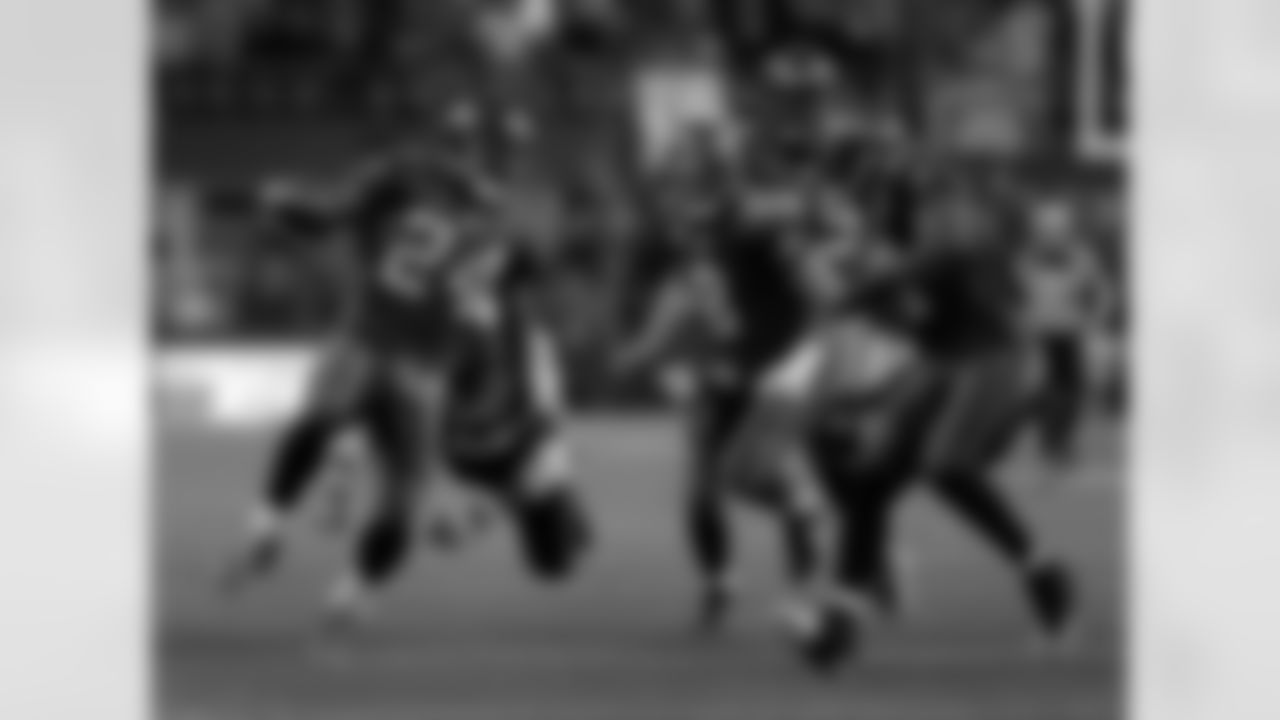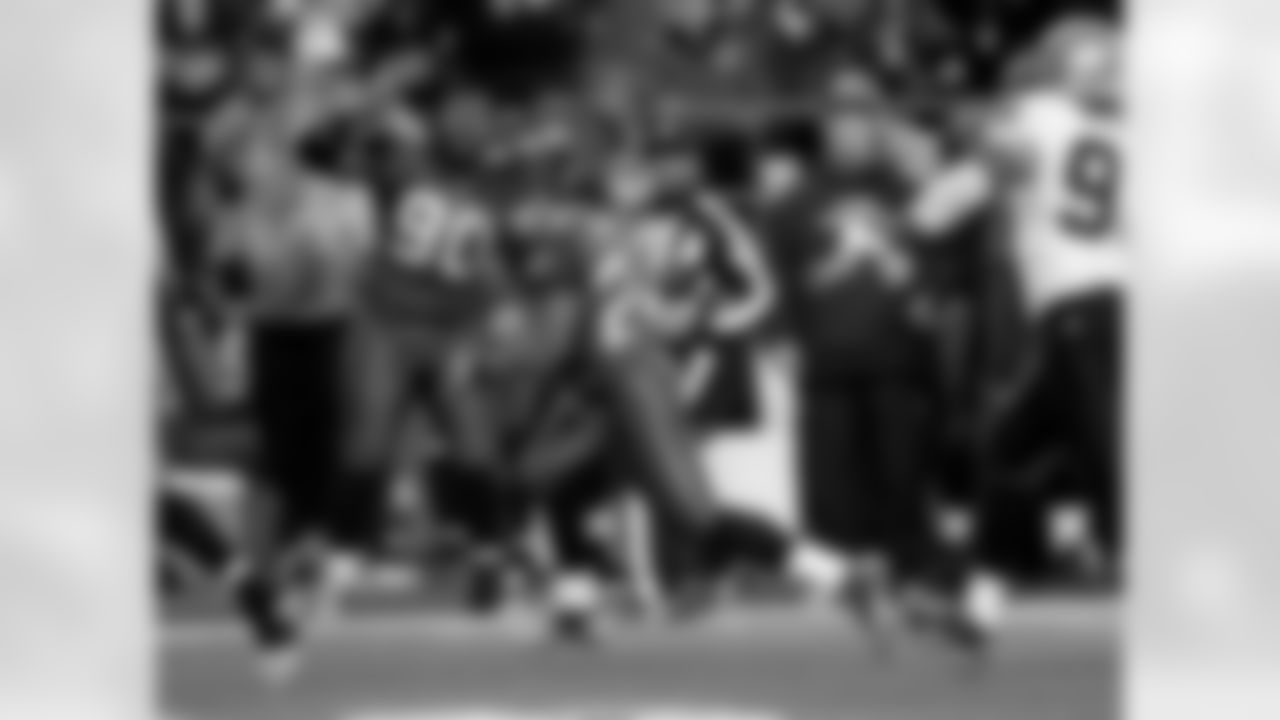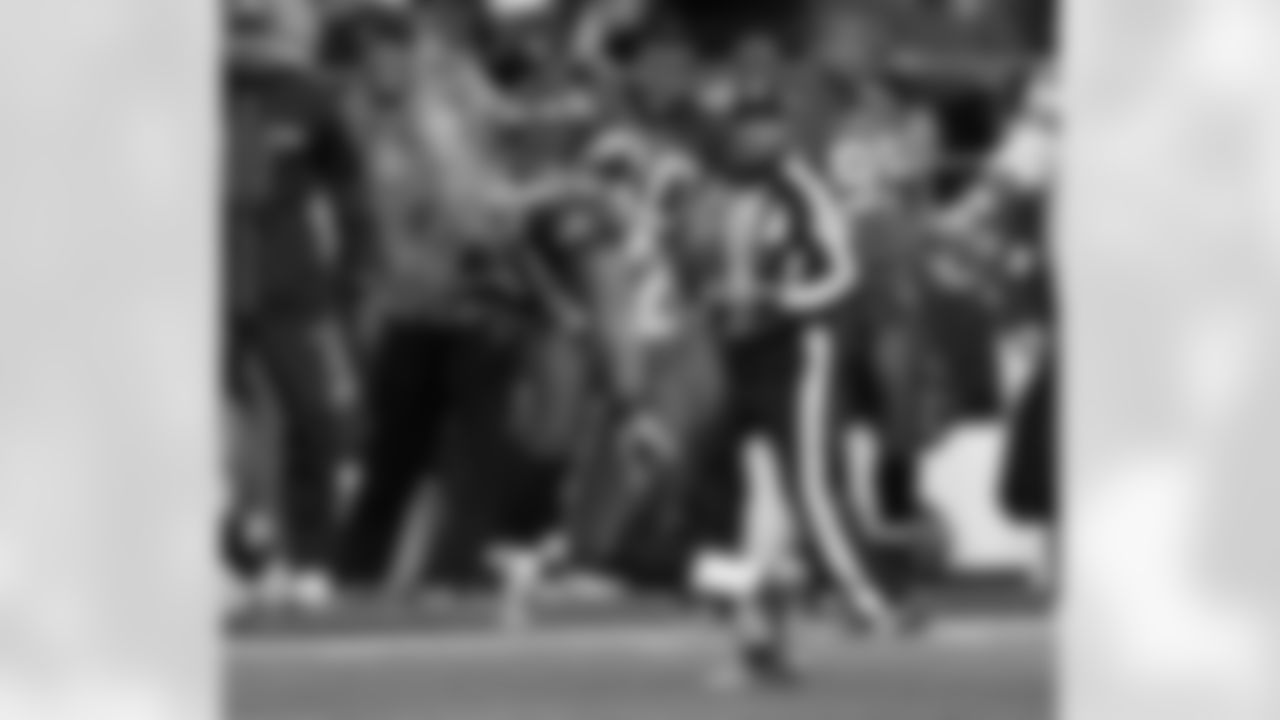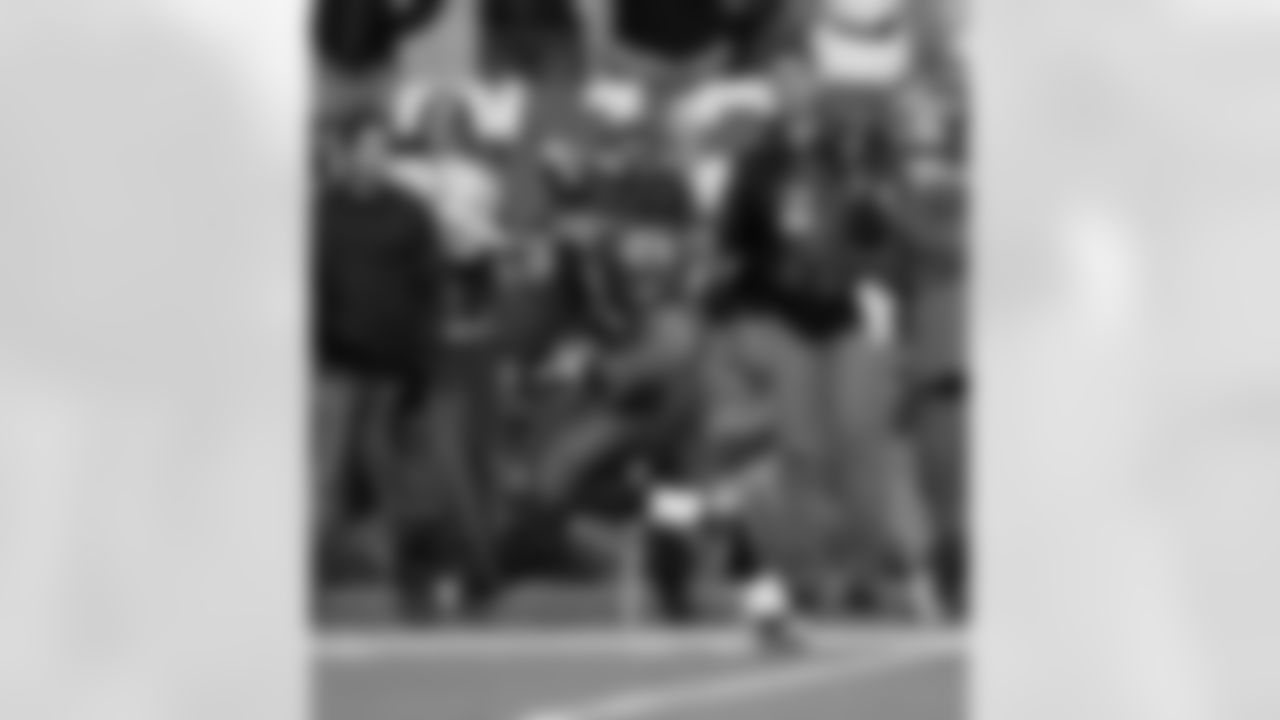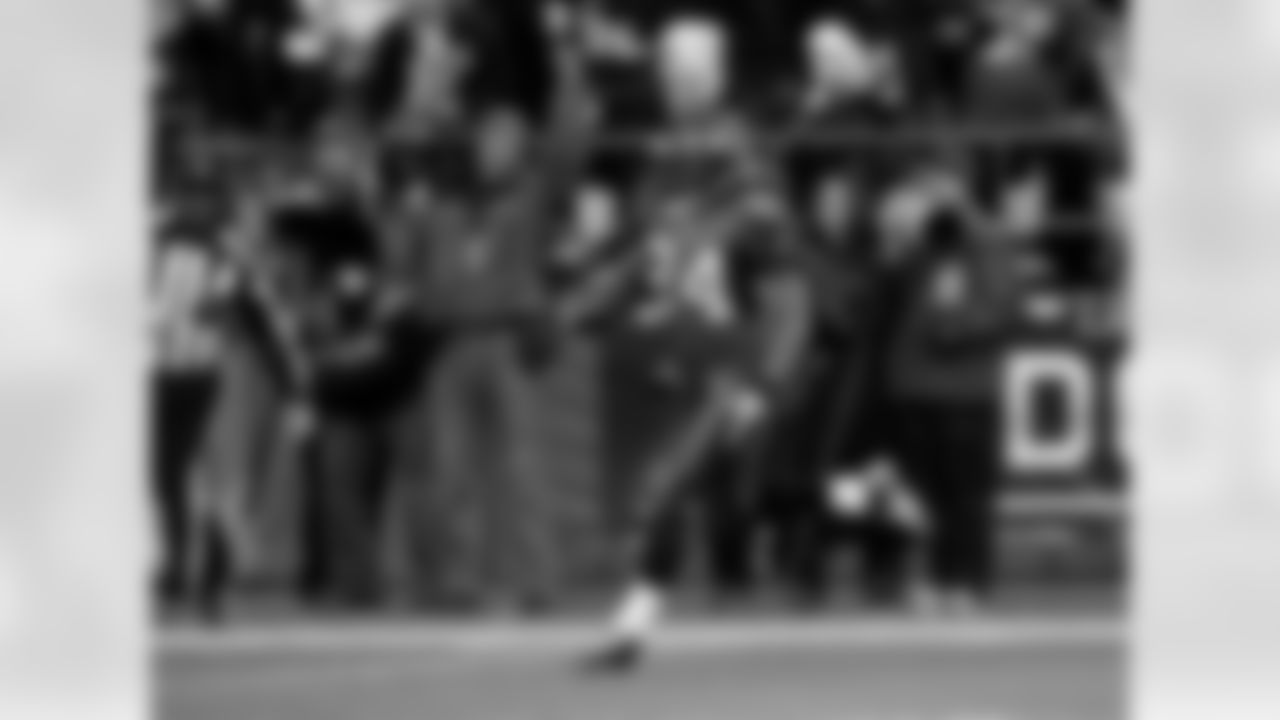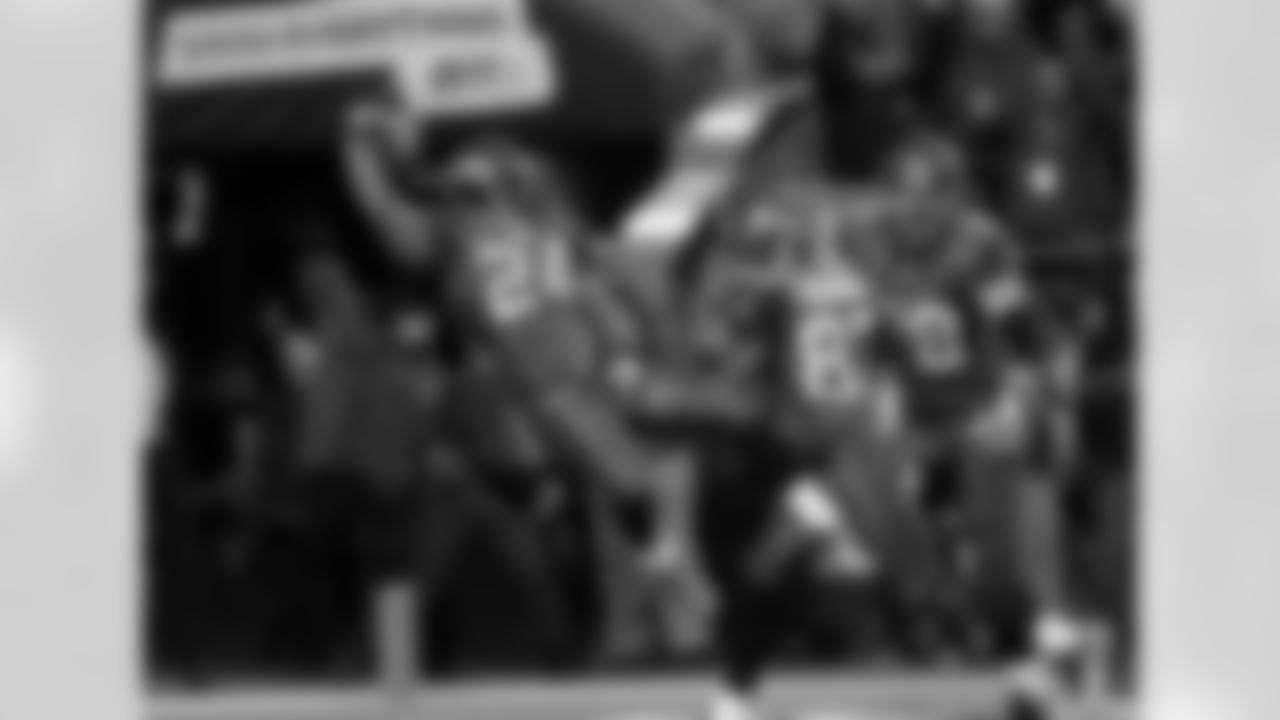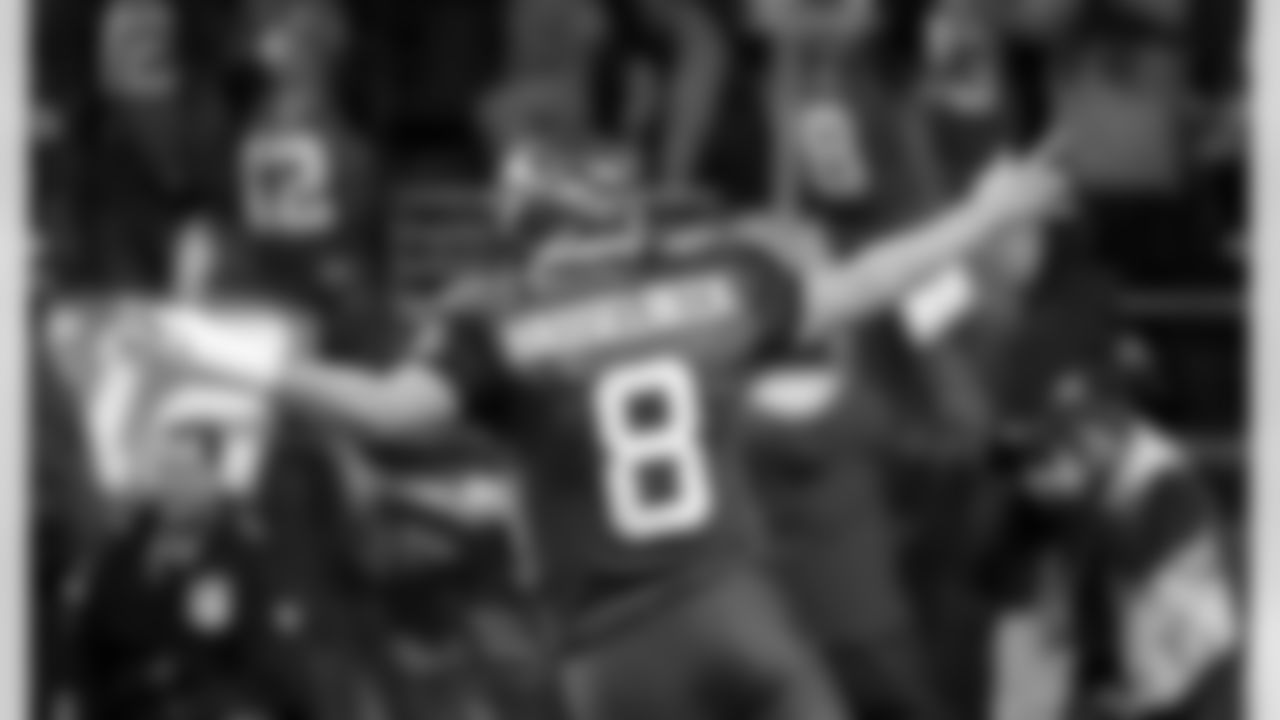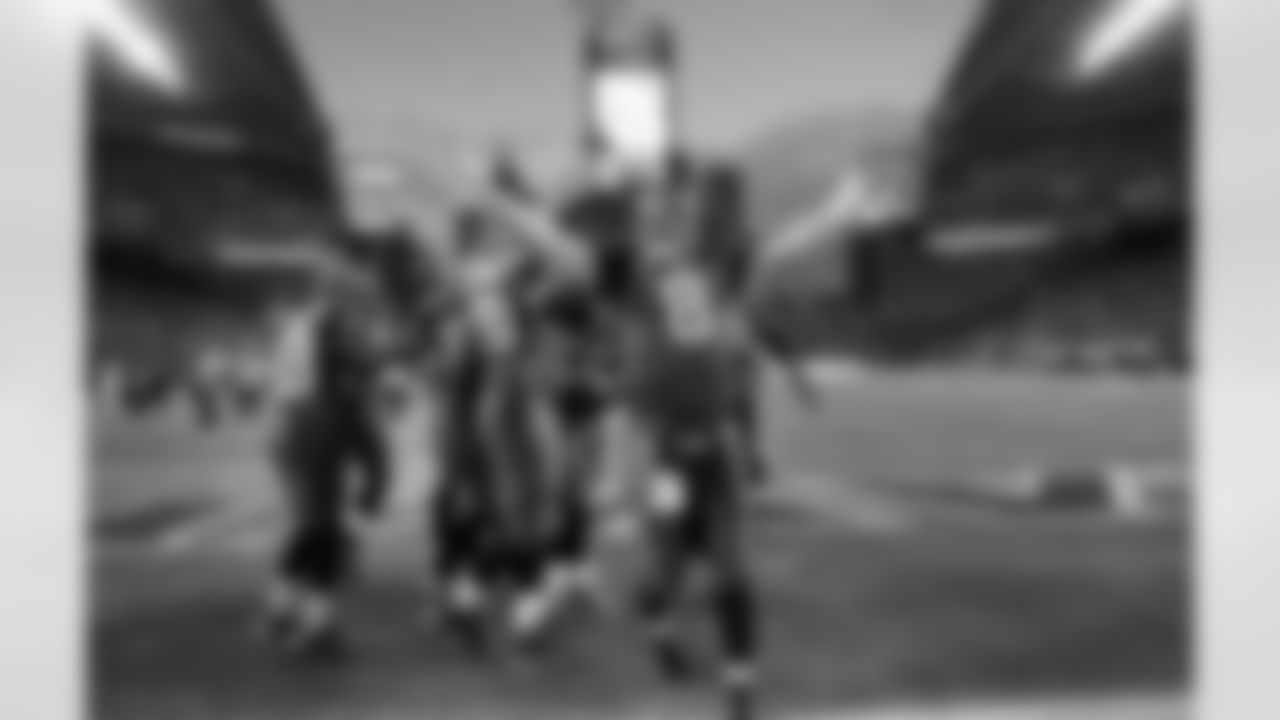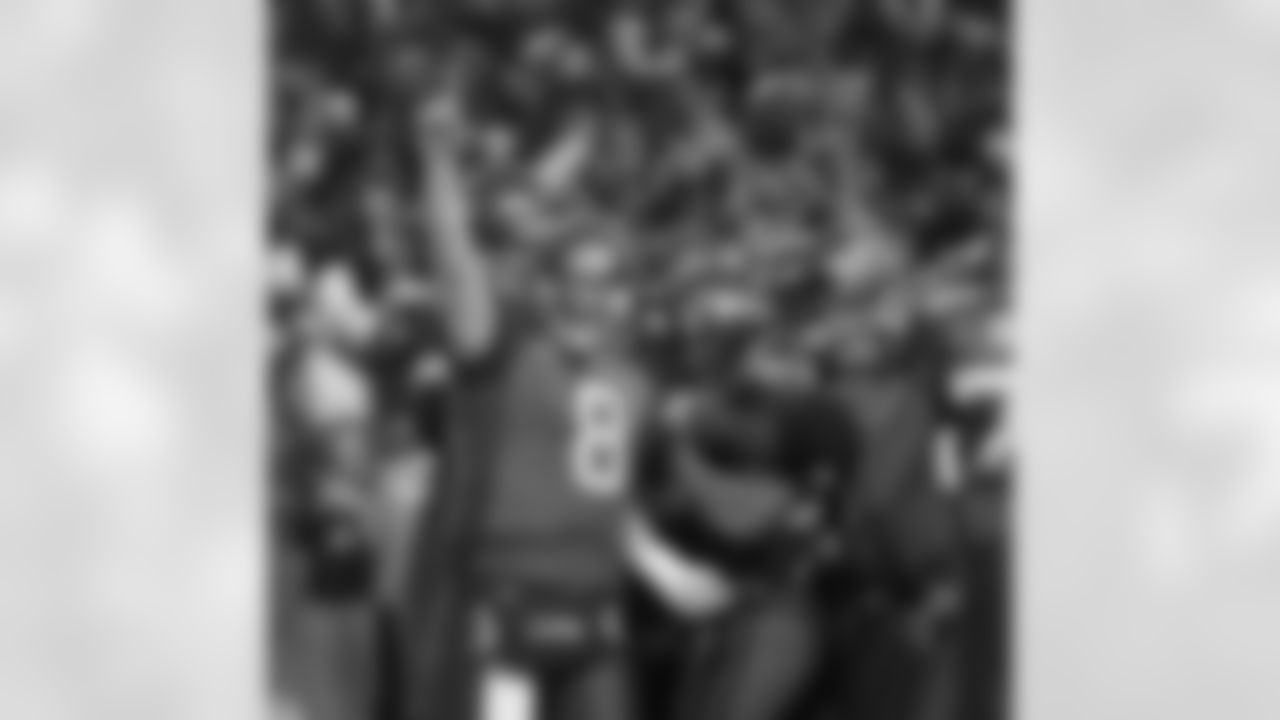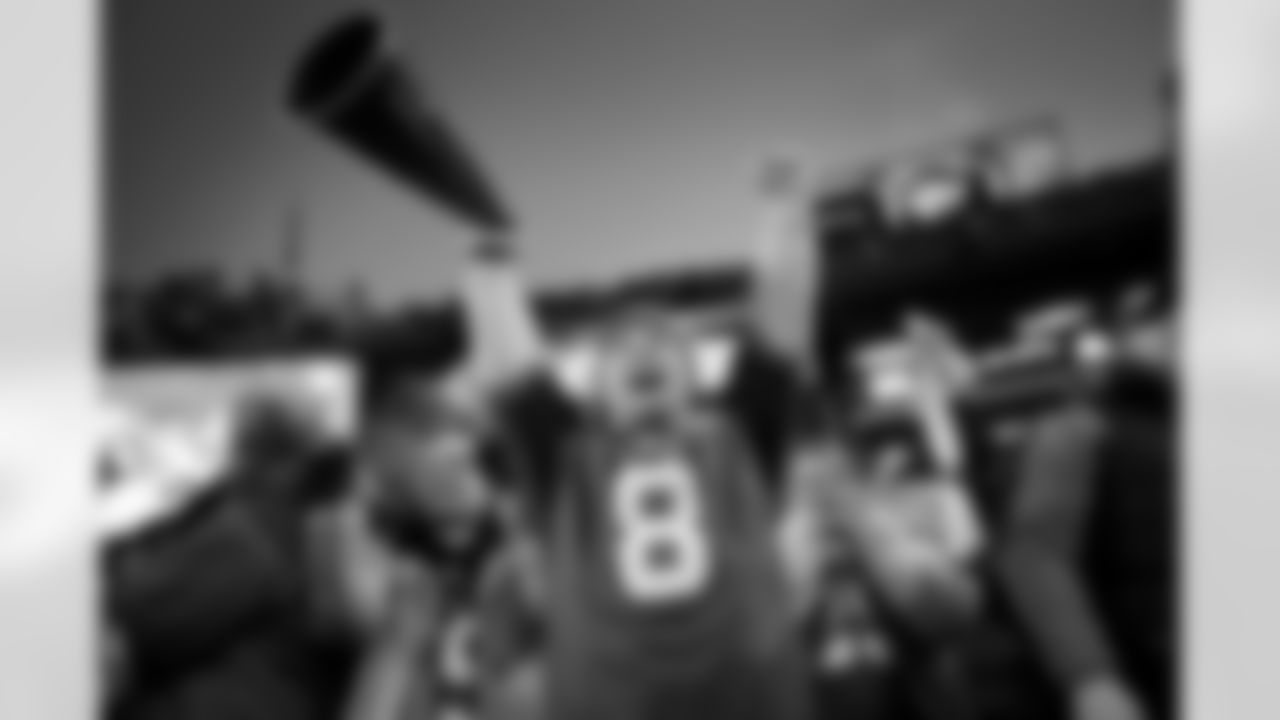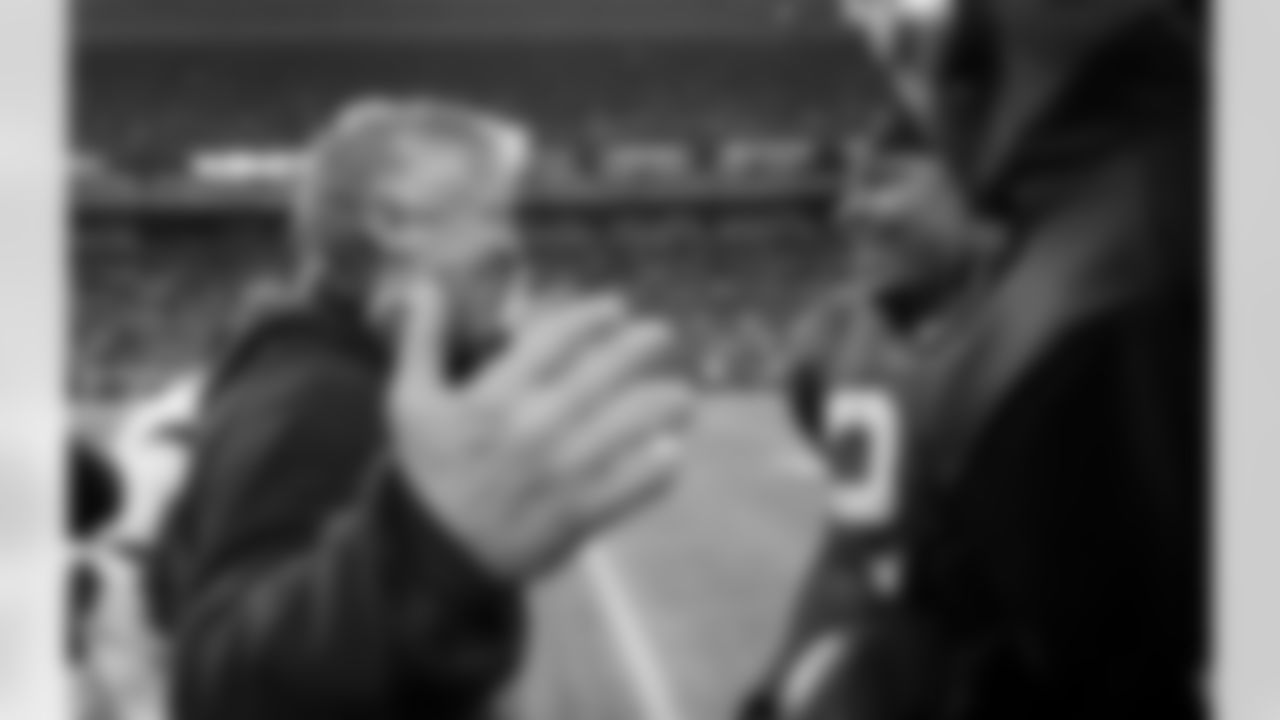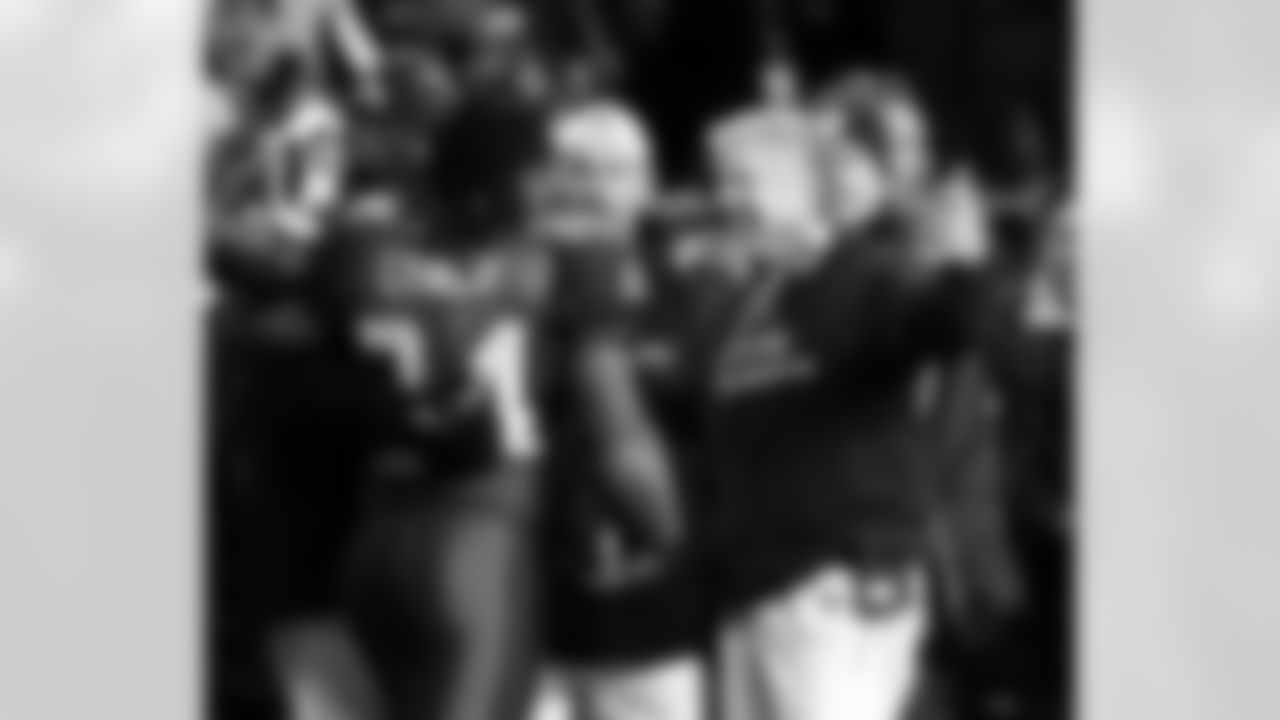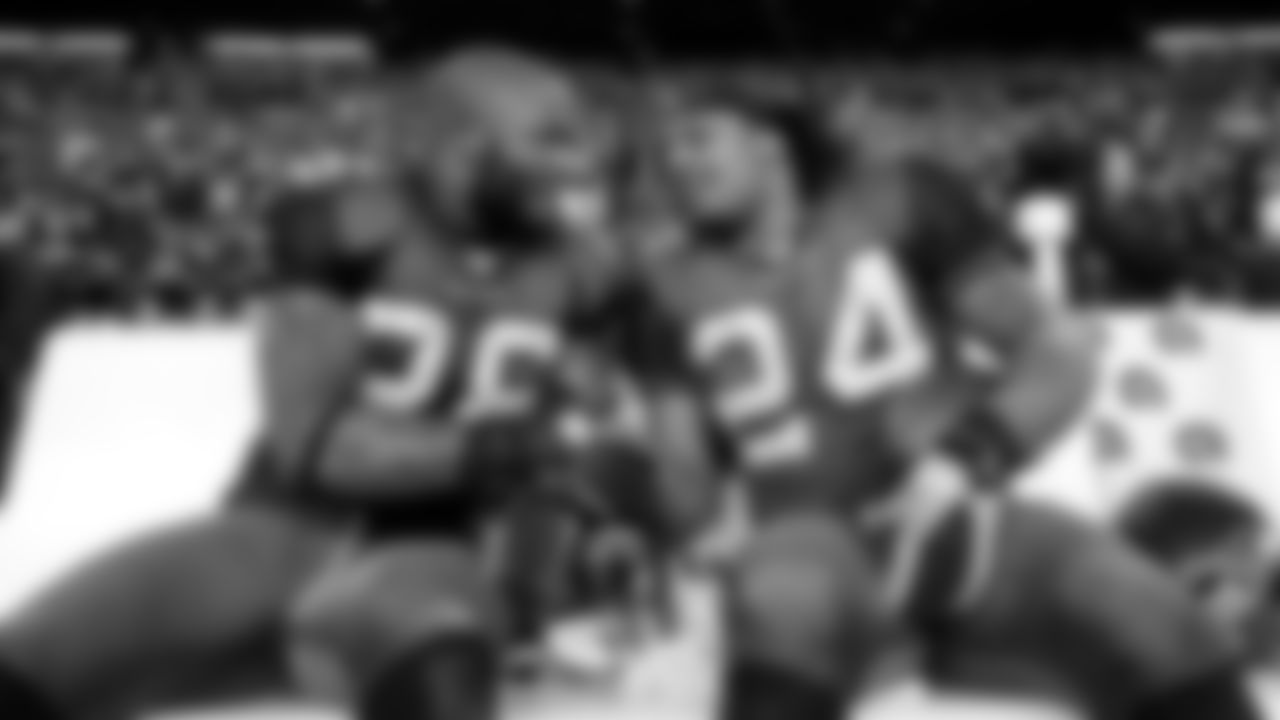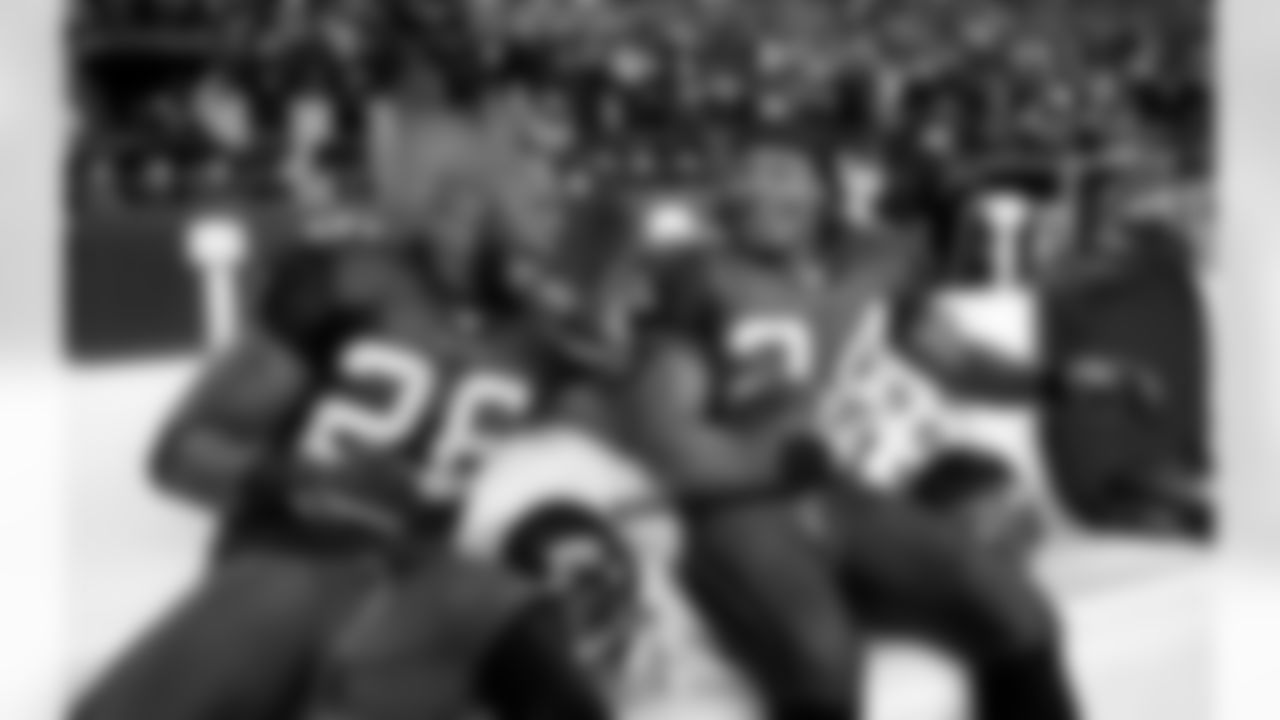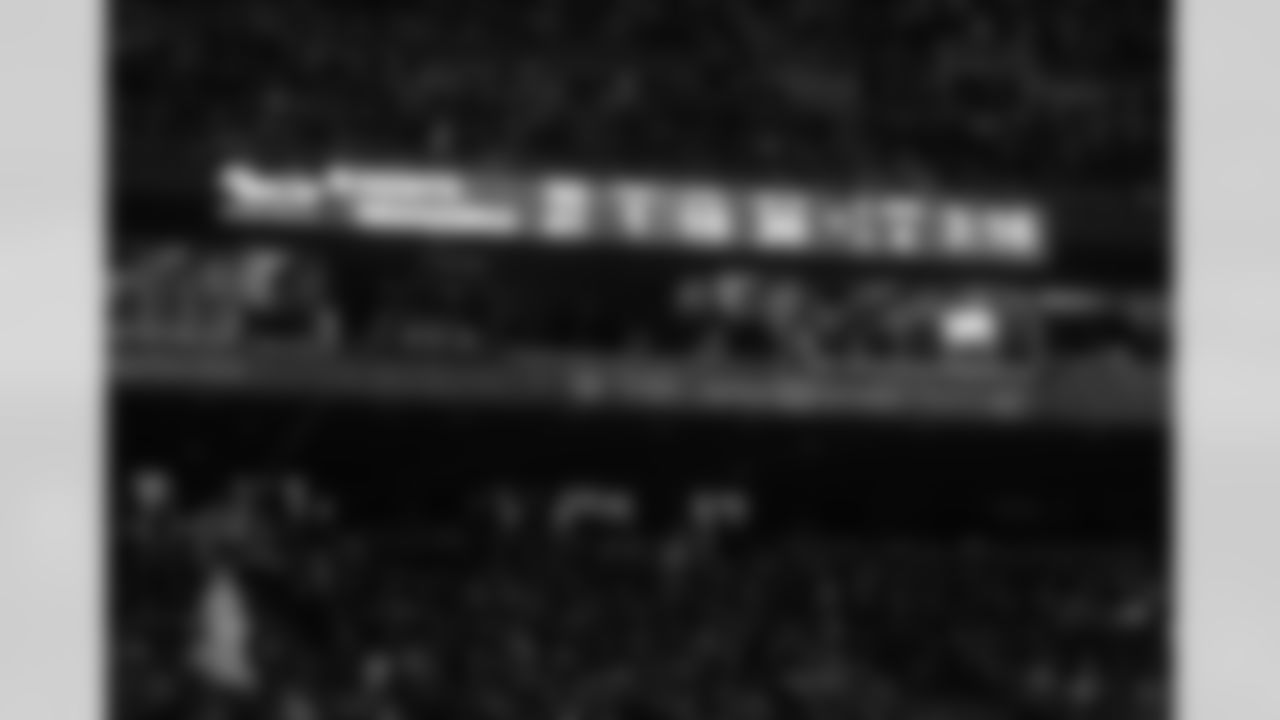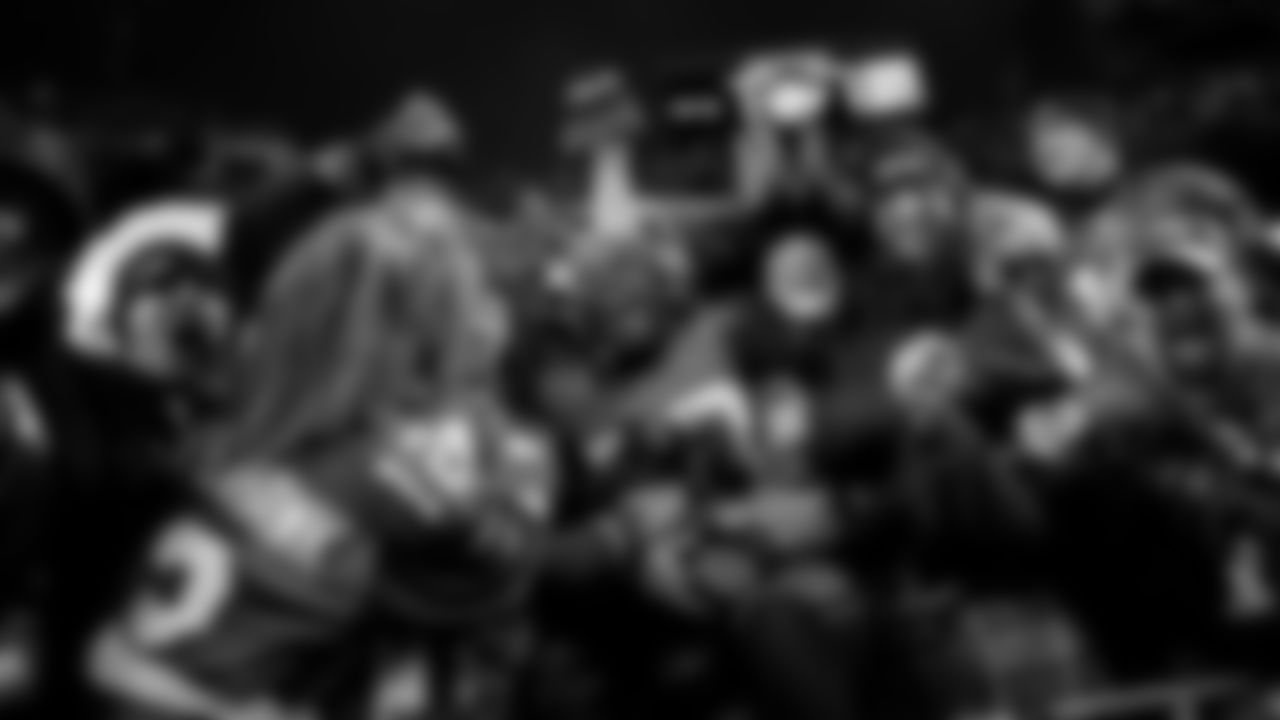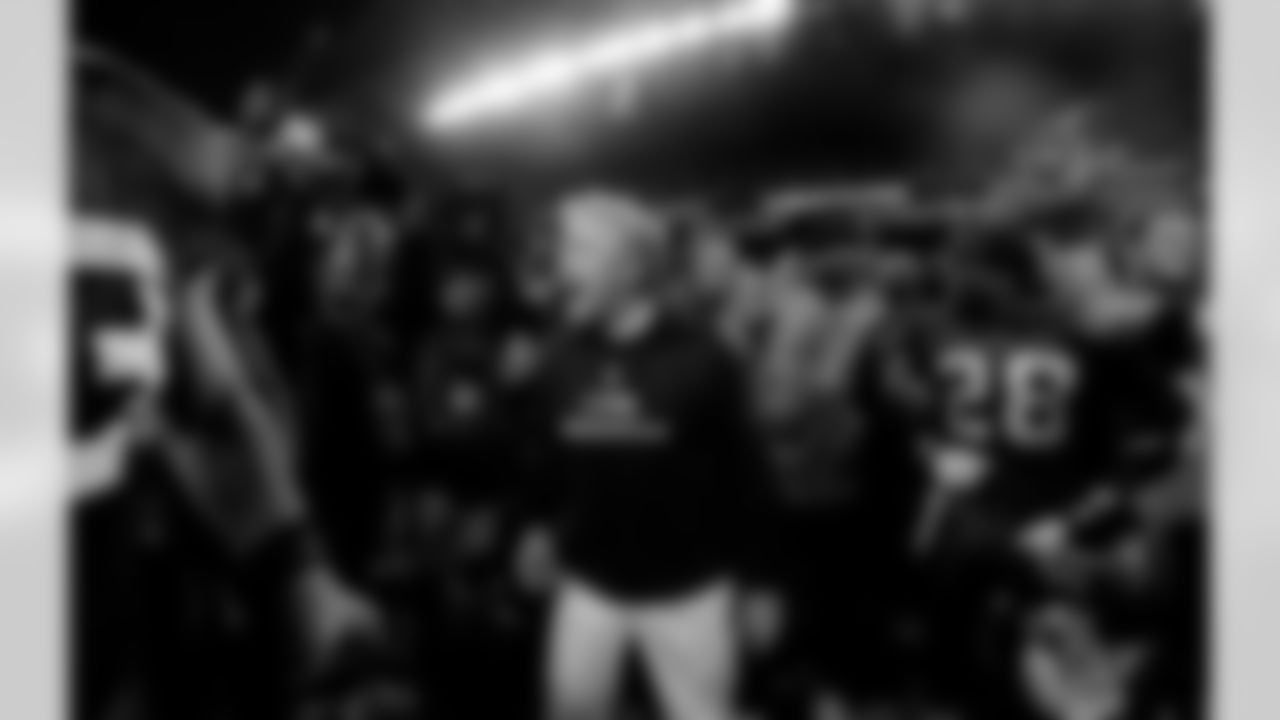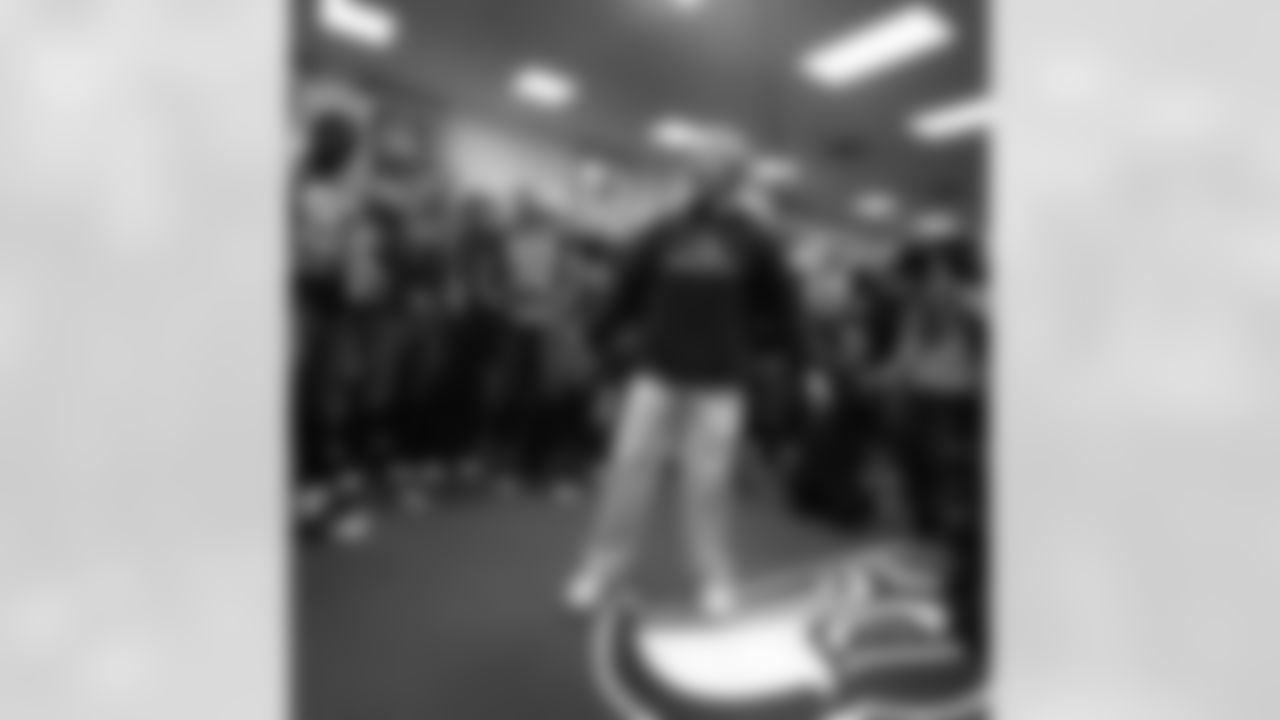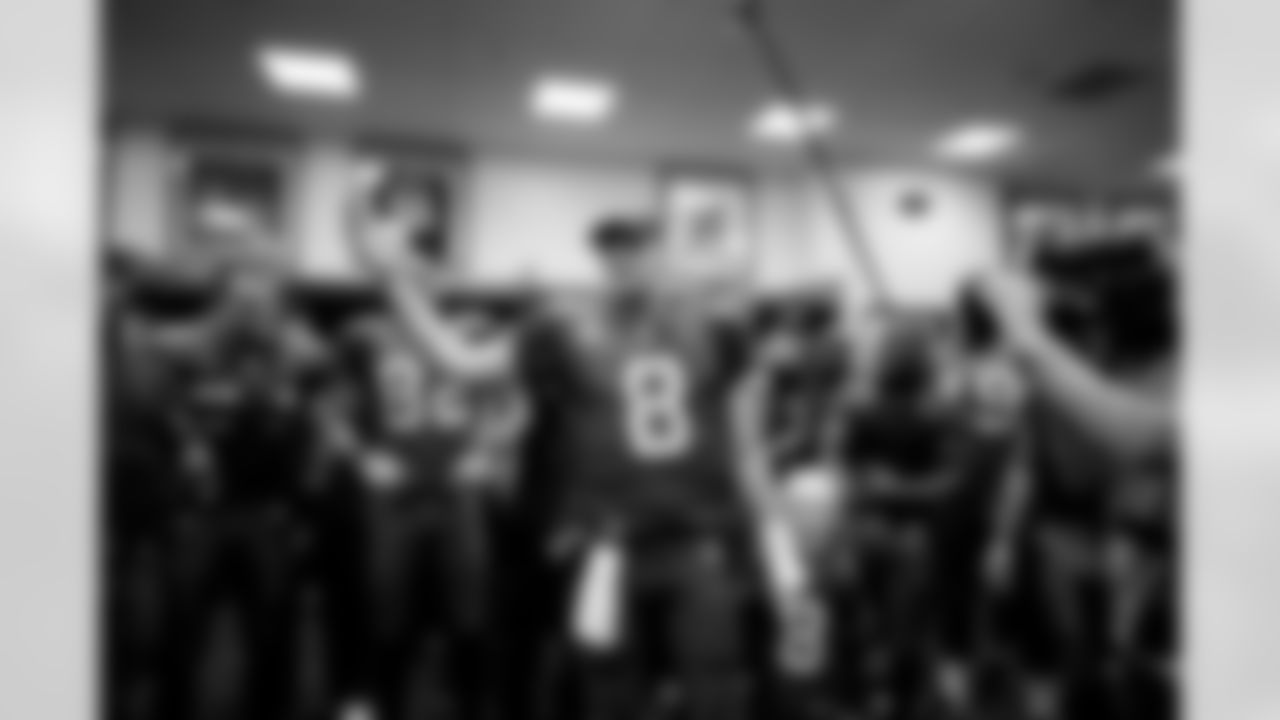When the Seahawks host the Los Angeles Rams on Saturday, it will be start of their ninth postseason in 11 years under the leadership of head coach Pete Carroll and John Schneider, and their 18th postseason game.
All of this success—the Super Bowl title, the five NFC West championships, nine straight winning seasons—was impossible to foresee 10 years ago when the Seahawks played their first playoff game of the Carroll/Schneider era, a 41-36 Wild Card victory over the defending champion New Orleans Saints that would go down as one of the biggest upsets in playoff history, and that featured one of the greatest runs in NFL history.
To commemorate the 10th anniversary of that playoff win over the Saints, and the Marshawn Lynch 67-yard touchdown run that would come to be known as the Beast Quake, Seahawks.com caught up with several players who were on the field for that famous run, as well as two of the people who called the play as it happened, and had them recount the game and the run in their own words.
"We're 0-0, just like everybody else."
The Seahawks won the NFC West with a 7-9 record, making them the first playoff team with a losing record in a non-strike season, while the Saints were an 11-win Wild Card team and the defending Super Bowl champs, and that disparity in record led to plenty of talk that the Seahawks didn't deserve to be in the playoffs, let alone host a game. New Orleans was an 11-point favorite heading into the game, had already beaten Seattle by double digits earlier in the season, and the Seahawks had uncertainty at quarterback with Matt Hasselbeck having missed Seattle's Week 17 win over the Rams that clinched the title. It all added up to a game nobody outside of Seattle thought the Seahawks had any business winning, and the Seahawks were just fine with nobody believing in them.
Quarterback Matt Hasselbeck: "There was just a lot of stuff that year. And even going into that week. I mean, I have a broken wrist, Chris Spencer, our center, I think he had a broken right thumb, so we weren't even snapping in practice. Pete was like, "No, it's cool, it's cool, just pretend like you're snapping. You don't need to snap in practice. He was so positive. I had never really been around someone like him, and he had sold us, he really had brought us into this great focus on, 'Hey, it doesn't matter. If we win the division none of it matters. We just need to win the division.' And that was really the mindset; that's all the focus was on. And then when we won the division, when we were able to beat the Rams, the whole mindset, there was, we're not 7-9 anymore, we're 0-0, just like everybody else. Just like the world champion New Orleans Saints, just like everybody. We're 0-0. And I really felt like we had been through so much—the roster turnover, the coaching turnover, all the stuff. And it was just like, yeah, this is a clean slate. We're good."
Center Chris Spencer: "It was a lot of just hearing the noise about being 7-9, do these guys really belong here… I felt really good about going into the game with a game plan and we had that we could do something special. So we all wanted to prove the pundits wrong there."
Receiver Ben Obomanu: "Oh we were definitely feeding off that talk… I think we actually may have jelled together because of all the noise we were hearing in the background. I think we actually may have gelled together because of all the noise we were hearing in the background—people saying we shouldn't be in the playoffs. That kind of helped spark us."
Left guard Tyler Polumbus: "We were the champions of the NFC West. And you know what, we felt like we had absolute every right to go out there on that field and play a good competitive football game and see what happens. And lo and behold, some cool stuff happened."
Right tackle Sean Locklear: "Those were the rules—you win the division, you got to the playoffs and get a home game. In the big picture, do we deserve one? Probably not just because of the record, but that's the rules are, and you play by the rules."
Steve Raible, Seahawks play-by-play announcer: "That kind of team in transition. Remember Marshawn hadn't been with us very long, Matthew was sort of at the end of his career here, and so you had this combination of players, some from Mike (Holmgren)'s time and then a few from the John and Pete era obviously, that were contributors. So you just weren't exactly sure. You knew the team was going to be something, you weren't sure what. At 7-9, they won the division, and everybody looked down their nose at us. And yet here is this team that seemed to be finding itself at the right time, and going toe to toe with the defending Super Bowl champs."
Tom Hammond, NBC play-by-play announcer: "The Saints were the defending champs, and here they are playing a team that's sub-.500. We kind of moaned and groaned when we saw we were going to be doing that game, but then we got there, and what a game it was."


